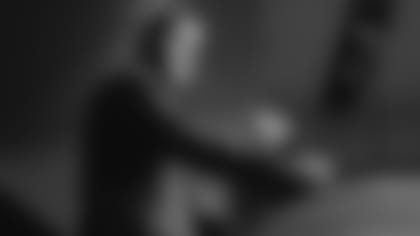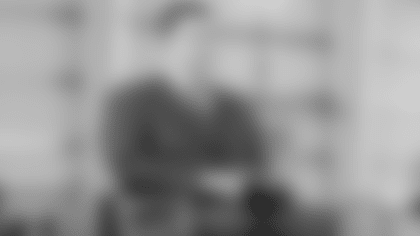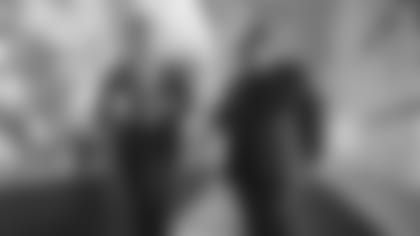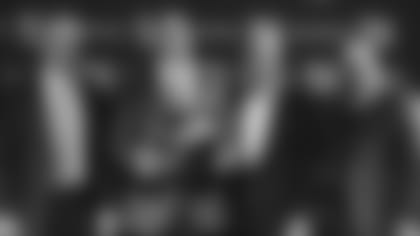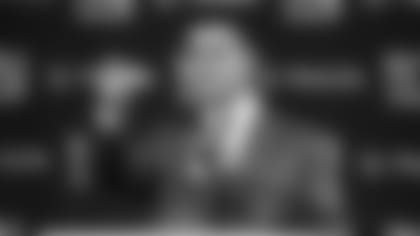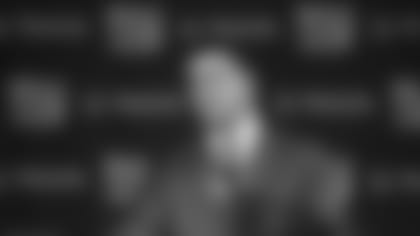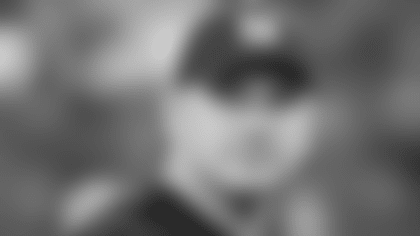The New York Giants introduced Joe Judge as the 19th head coach in franchise history Thursday. Here are some of the best quotes from Judge's introductory press conference.
On his coaching philosophy:
"What I'm about is an old school physical mentality. We're going to put a product on the field that the people of this city and region are going to be proud of because this team will represent this area. We will play fast, we will play downhill, we will play aggressive. We will punch you in the nose for 60 minutes, we will play every play like it has a history and a life of its own, with a relentless, competitive attitude. We will play fundamentally sound, we will not beat ourselves. That is our mission right here."
"I'm going to be myself every time. If I'm anything else, everyone's going to see straight through it. And if you lie to the team, you're going to lose the team immediately. So, I'm going to always be myself. And that's a little bit different than other people and that's fine. I'm not trying to emulate anyone I've ever worked for, I'm trying to take what I've learned from them and what matches with my own belief structure and do it with my own personality."
On what fans can expect:
"I want this team to reflect this area. I want the people that pay their hard-earned money and the neighborhoods of New York, North Jersey, South Jersey, to come to our games and know that the players on the field play with the same attitude they wake up with every morning. That is blue collar, it's hard work, it's in your face. We're not going to back down from anybody. We're going to come to work every day and grind it out the way they do in their jobs every day, and they can invest their money in our program knowing it's worthwhile. They put a Giants uniform on, they put a Giants hat or jersey on, that it's not representing just the 53 on the field, but it's representing their neighborhoods, their communities and their families with the values they have instilled in their children. "
"It's a tough division, it's a tough division and the city is full of tough people and they expect to see a program, they expect to see a product, that represents them. I'm going to do everything in my power, every day, to make sure the people of this city and this area turn on the TV or sit in the stadium seats and are proud to say that we're their New York Giants."
On being the head coach of the Giants:
"This opportunity is very unique. When I received the call from the Giants that they would like to interview me, that was very exciting. There's 32 teams in this league, that's not a lot. The reality is there are very few that have a chance at winning, the reality of that is there are very few of those that have a chance at winning that have tradition and history behind them. I don't take this lightly, there's not 32 great programs in this league. The truth is the Giants are one of (them) at the top, that's what makes this job intriguing."
On what he learned from Bill Belichick and Nick Saban:
"Well, I think when you work with anybody, you try to grow as much as you can from them. You're going to always have the opportunity to learn lessons if you pay attention and are willing to learn something new. I worked for two great coaches, Coach Belichick and Coach Saban, and there wasn't a day I went to work that I didn't come home with a full new education and I knew fully every day that there were coaches out there that would pay thousands of dollars to sit in a staff meeting and just hear the wisdom they were saying on a daily basis. I'd like to think I was not foolish enough to squander that. Both have a very unique style about them. Both have a world of knowledge. Both have a lot of the same philosophical views, and a lot of the same values."
"What I learned from Coach Saban is it's important to address everybody, not only on the what they have to do, but how it should look, what we're going to do to get there, and why it's important. And what you find out when you're coaching players, they're not robots, and if they understand what the end result is supposed to look like and why it's important, normally those players are going to take the principles you instilled in them and in the game make a player's adjustment, and you're going to learn more from the players than they are as a coach because they're going to find a better way to do it in the heat of the moment with a certain adjustment."
"What I learned from Coach Belichick was real simple—be flexible within your personnel. Don't try to shove round pegs into square holes. Figure out what you have. Let them play to their strengths. Don't sit in a meeting and tell me what you don't have in a player. Don't tell me they can't do certain things, tell me what they can do and then we'll figure out as coaches, because that's our job, how we can use that. That's our responsibility. Everybody has something they can do."
"Everything I learned from coach Belichick and coach Saban reinforced on a daily basis that it's the fundamentals. You don't build the Empire State Building by washing the windows, you build it with the foundation and work it on up. Whatever your goal is at hand, you can put that in the distance and start working day by day to take a step forward."
On what he wants from his coaching staff:
"My priority is to put the right men around these players that they can come to work every day, they can be coached hard, they can be taught. I want good people. Before anything, if you're going to work in an organization, you're a good person. I don't want any alternative agendas, I'm making that clear right now. There is not going to be a coach in our organization who has nothing but the best interest in the players at hand and isn't going to come to work every day and put their butt on the line for the guys who are going to work hard for them. I want teachers, not presenters. I don't want someone who looks fancy in front of the screen that can say it with a lot of different sales lines. I want teachers, I want old school people who can get to our players and give them the mental image of what it's supposed to look like. I want them to demonstrate on a daily basis the work ethic of what it's going to take to do it successfully day in and day out."
On the fundamentals and culture he will build:
"They'll start with being in meetings on time, they'll start with being on the field on time in the proper dress. They'll start with knowing your playbook, they'll start with being out there and stretching the right way and warming your body up the right way that you prevent any kind of soft tissue injuries on the field. Then they'll carry over to the fundamentals on the field—it's running, it's tackling, it's ball security. It's a contact sport, you can't get around that. It's meant to be a physical game. It's for tough people. We will practice with a physical attitude. We will practice in pads, we will practice live tackling… We're going to work on everything we do. Everything we ask them to do at full speed on Sunday at a competitive level we're going to make sure that we have practiced, corrected, and re-practiced before they have to do it at a live pace. There are not going to be shortcuts with what we have to do."
"The best players will play. I don't care where you got drafted, I don't care if you're an undrafted free agent, I don't care if you're old, young, traded, whatever you got there for. Everybody will have an opportunity every day to compete for a job on our roster. Every day. If you want to be on the field, be the best player. Outwork the guy in front of you. Prove your value to us, show you can handle the job, and we're going to put you on the field and give you an opportunity."
"The only culture we're going to have in that building, period, is a winning culture. And what that means is everybody comes to work every day, regardless of how they feel, and puts the team first, period. Whatever you have going on outside the building, you're sick, a little bit of pain, you have discomfort, you're upset, you're mad, put all that aside. You come in, you put the team first. We're going to ask our players at times to do things that necessarily may not be what they have in mind for themselves. But if it's best for the team, they have to be willing to go forward with it, because that's what a winning culture is."
On his experience working with entire roster:
"Being a special teams coach, you have to know every player on your team inside and out because you have to know who you can use with a limited menu. It's kind of like when you're hungry, you go to the fridge, your Dad says figure out a way to make a sandwich. You know it's in there, but you've got to find a way because you've got to eat. So, I've got to know what everybody does so I can put those ingredients together and get the most out of it. So, what I've prepared myself for was leading into every draft I studied every player in the draft as a player and an athlete… I'm used to looking at things from a big picture perspective on players in terms of what they bring to the team as a whole."
On what he looks for in his systems:
"Our philosophy is going to be to put pressure on the opponent to prepare for multiple things. Within that, we have to have personnel versatility and we have to have flexibility schematically to make sure that whoever we play, we can adjust our game plan to maximize our strengths versus their weaknesses. So, while there may be some games that we throw the ball 50 times, there's going to be other times we may throw it 10 times and run the ball 45 times. So, I don't have a crystal ball, Miss Cleo can help you better with that, but we're going to look for the best system to help us week by week."
On the one-year anniversary, view photos of Joe Judge's first day after being named head coach of the New York Giants.

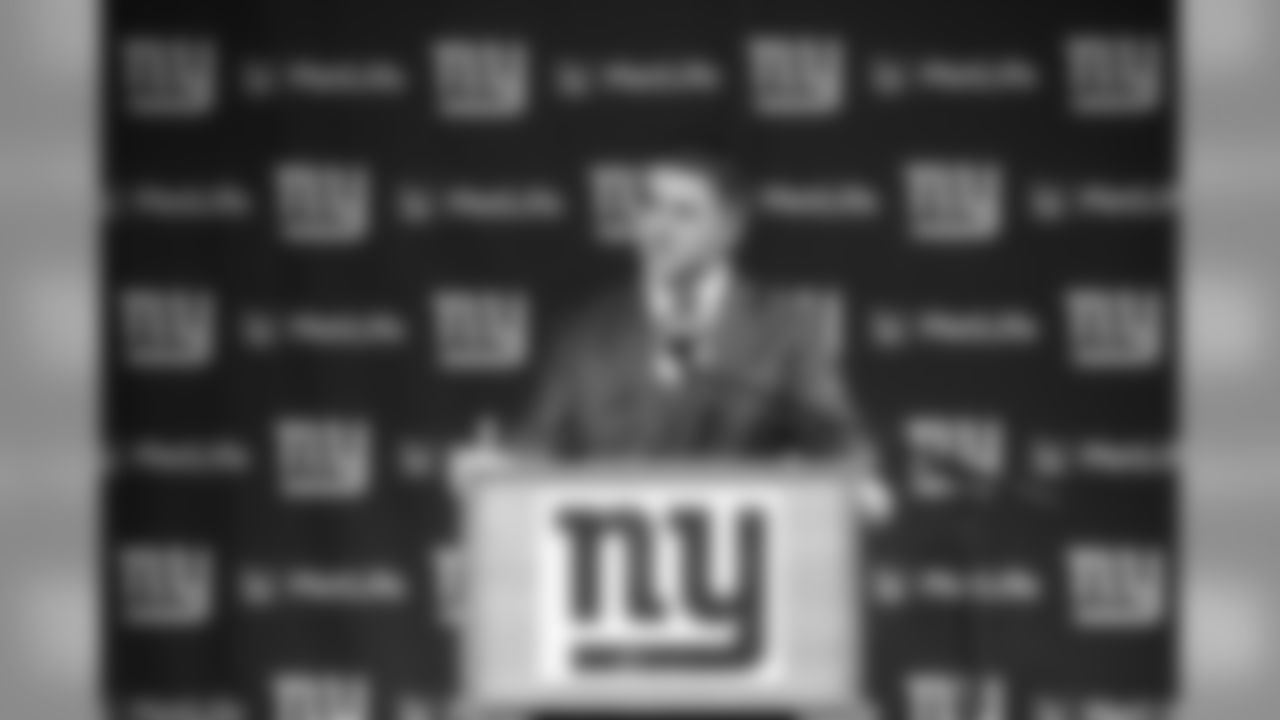
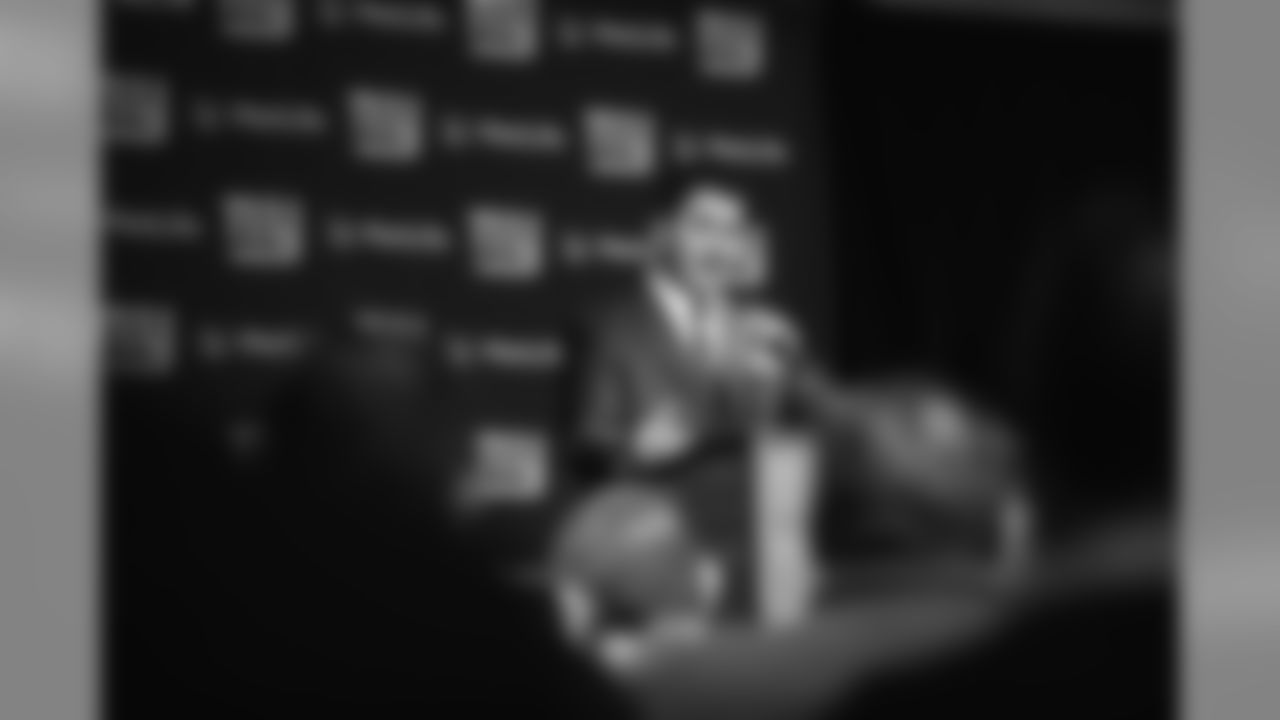
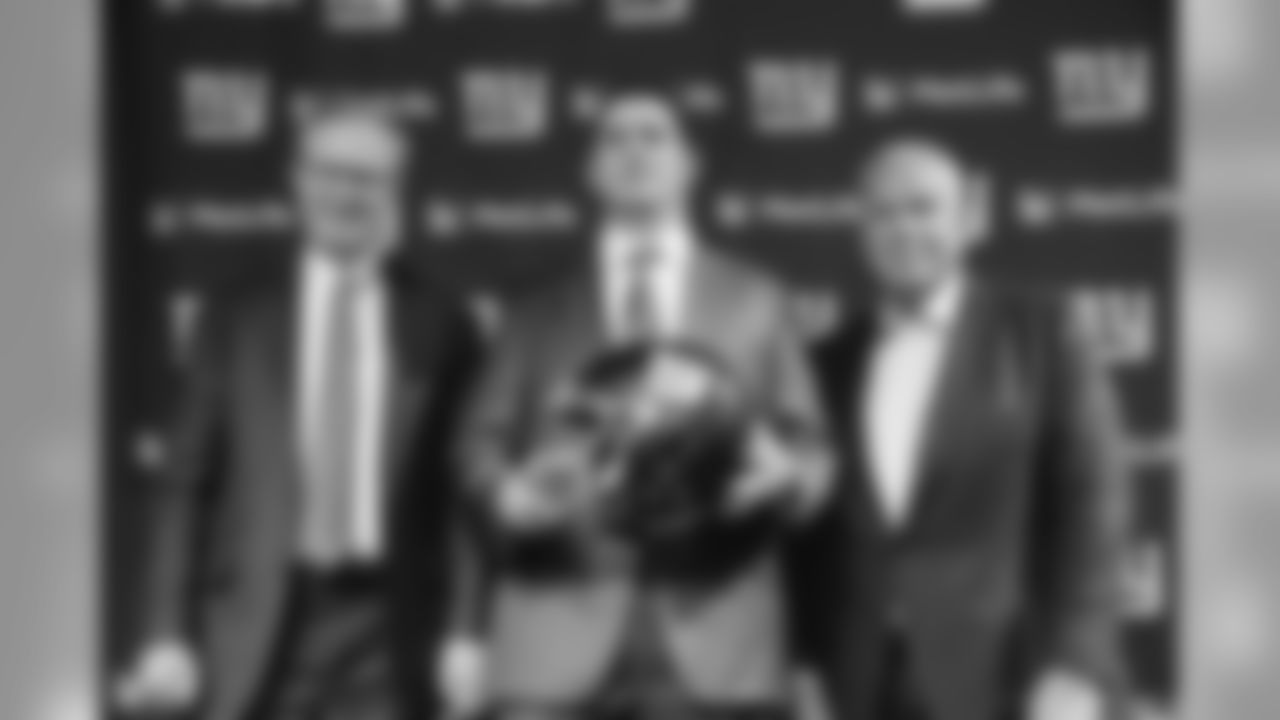
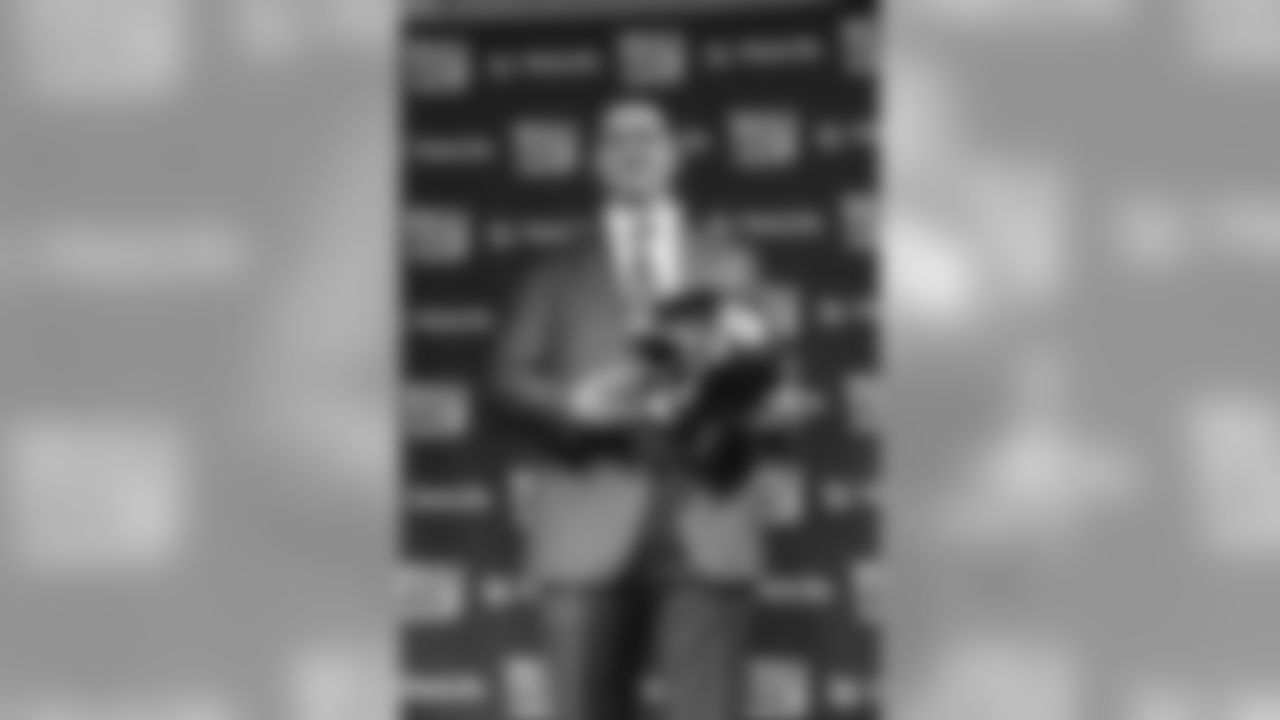
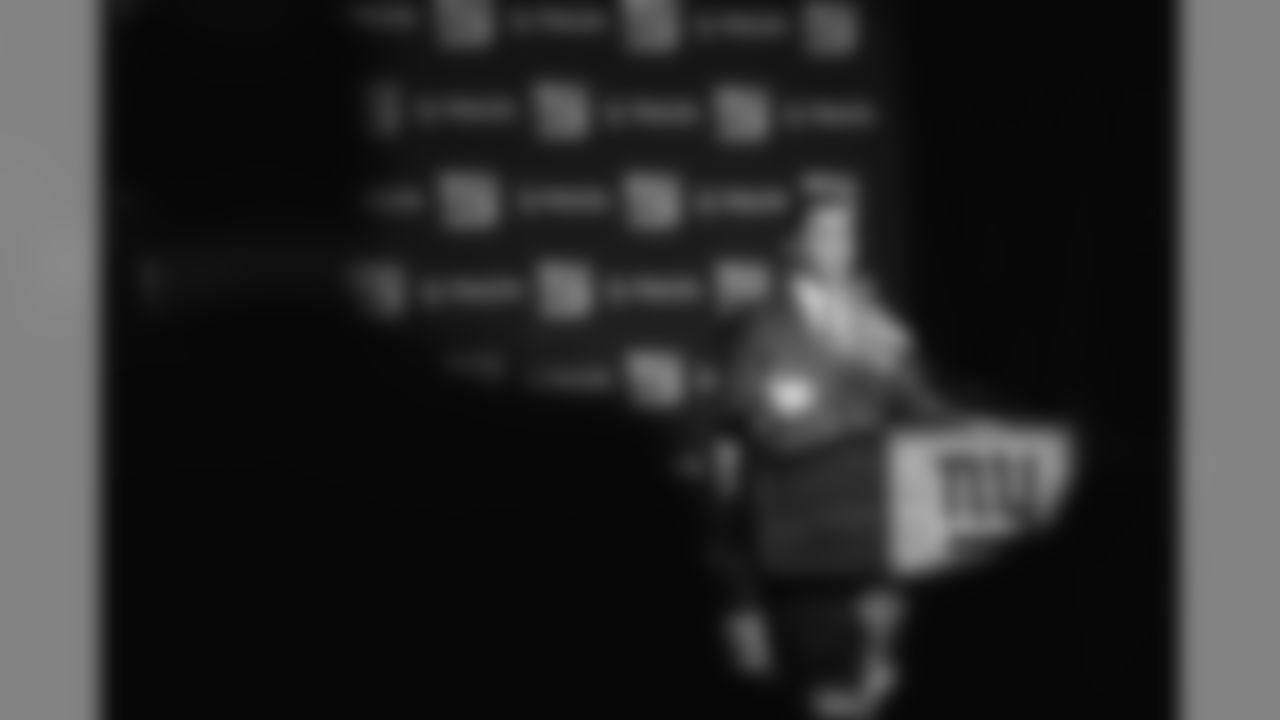



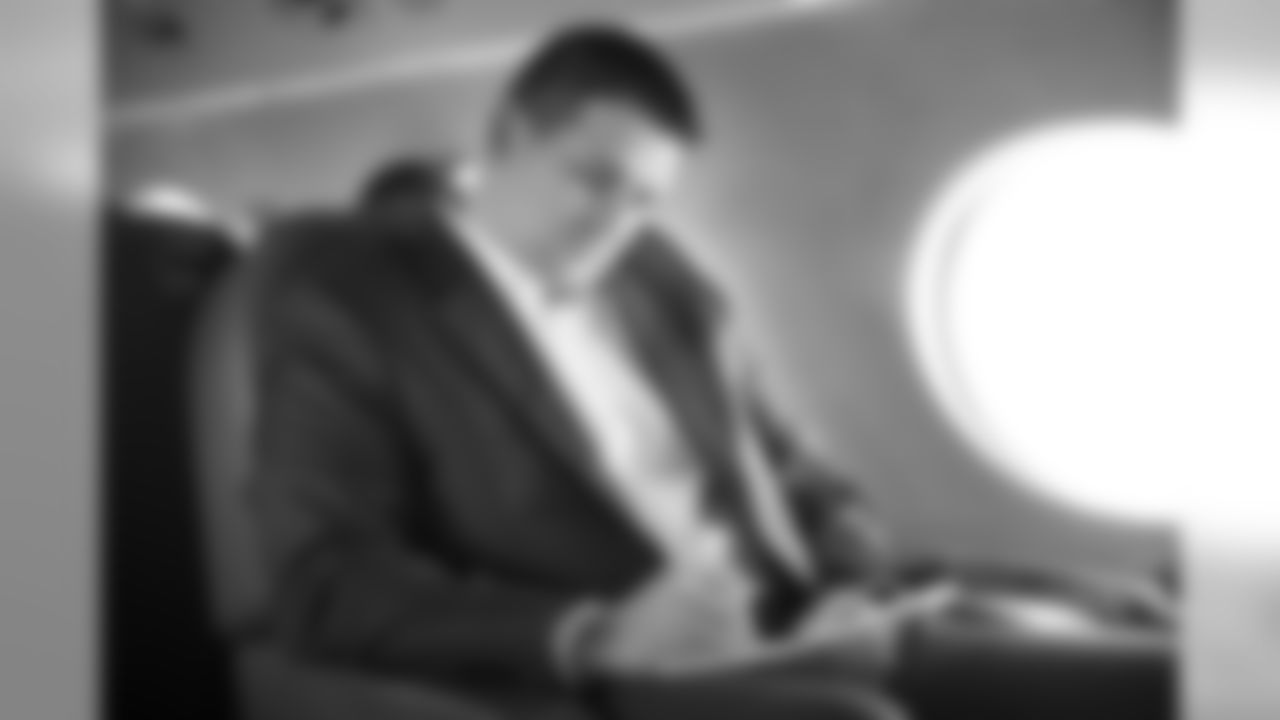
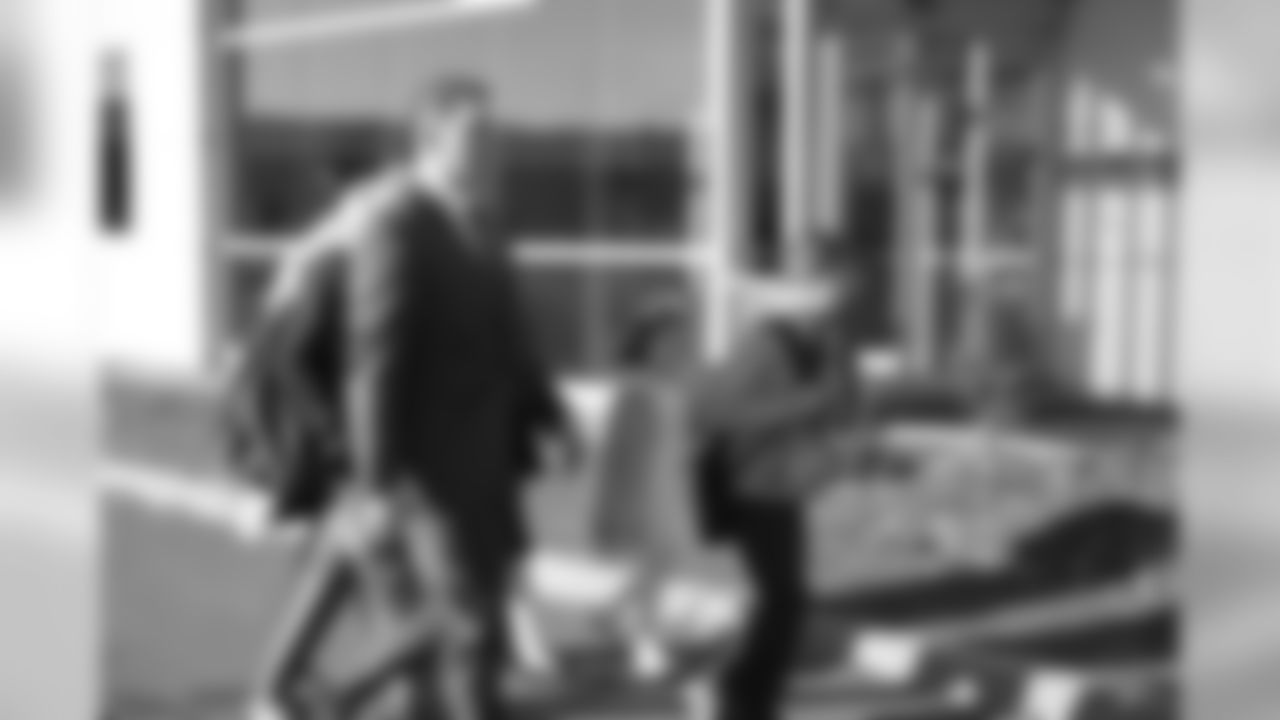

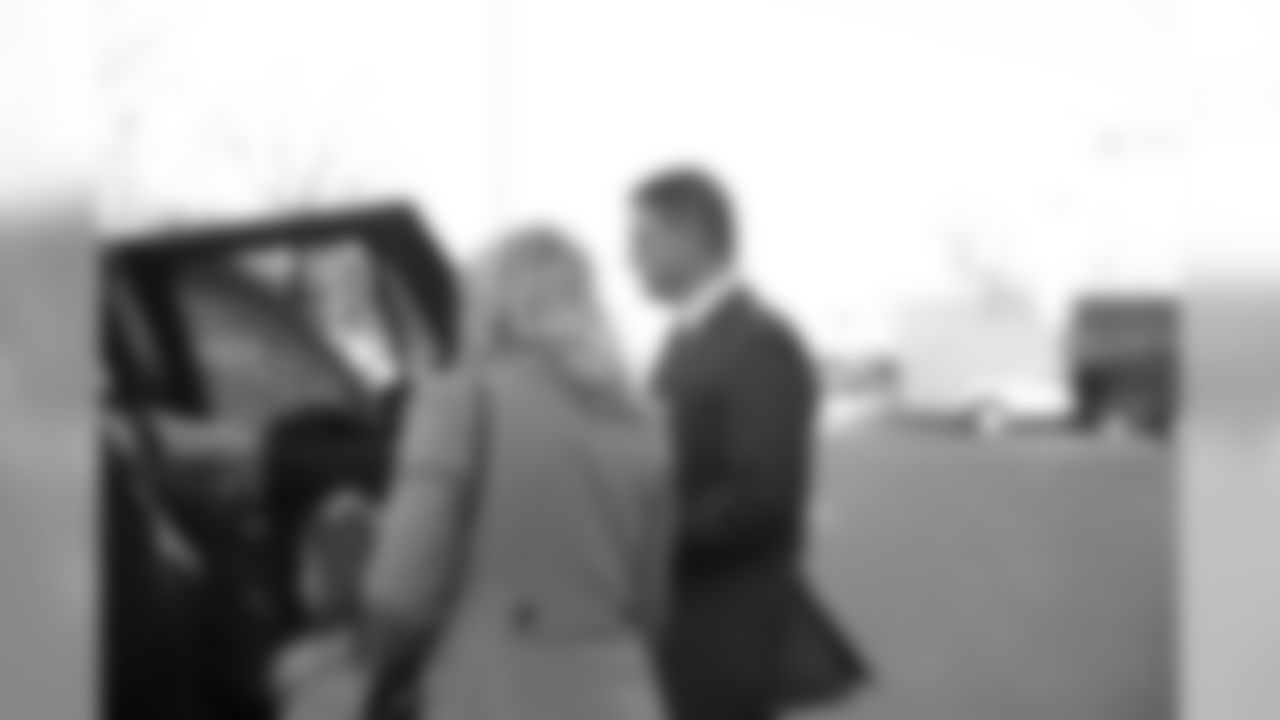
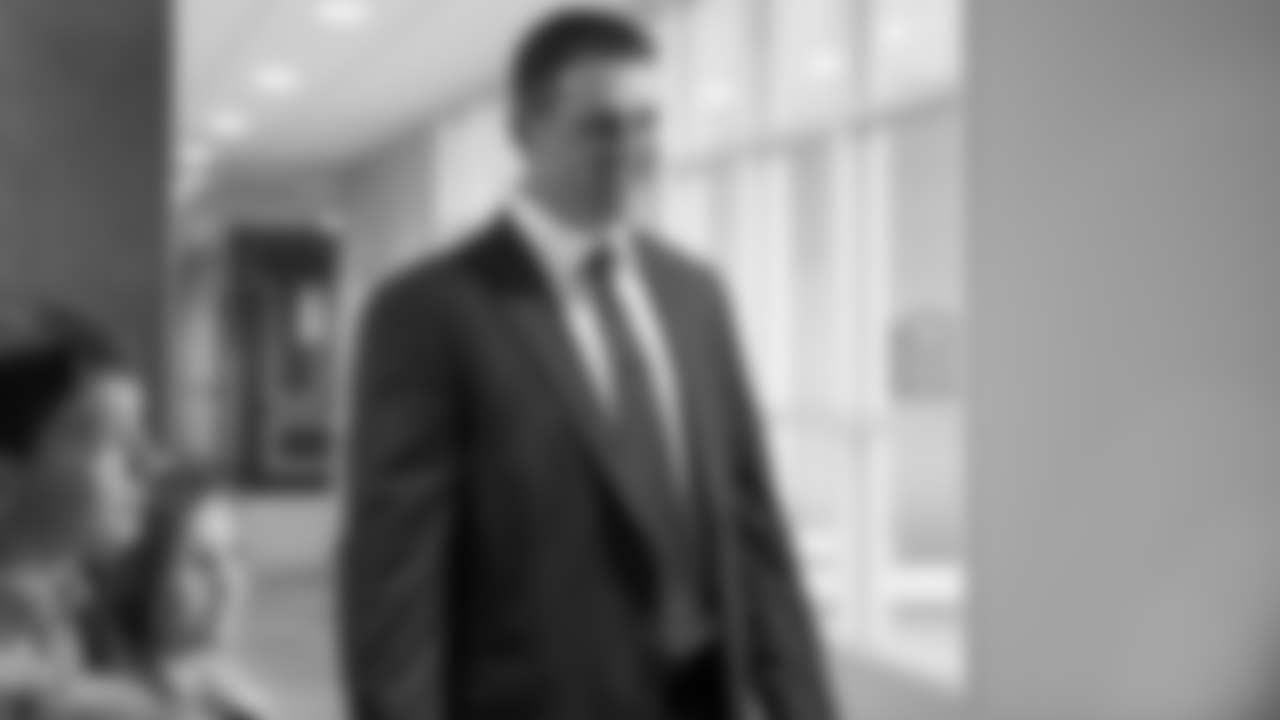
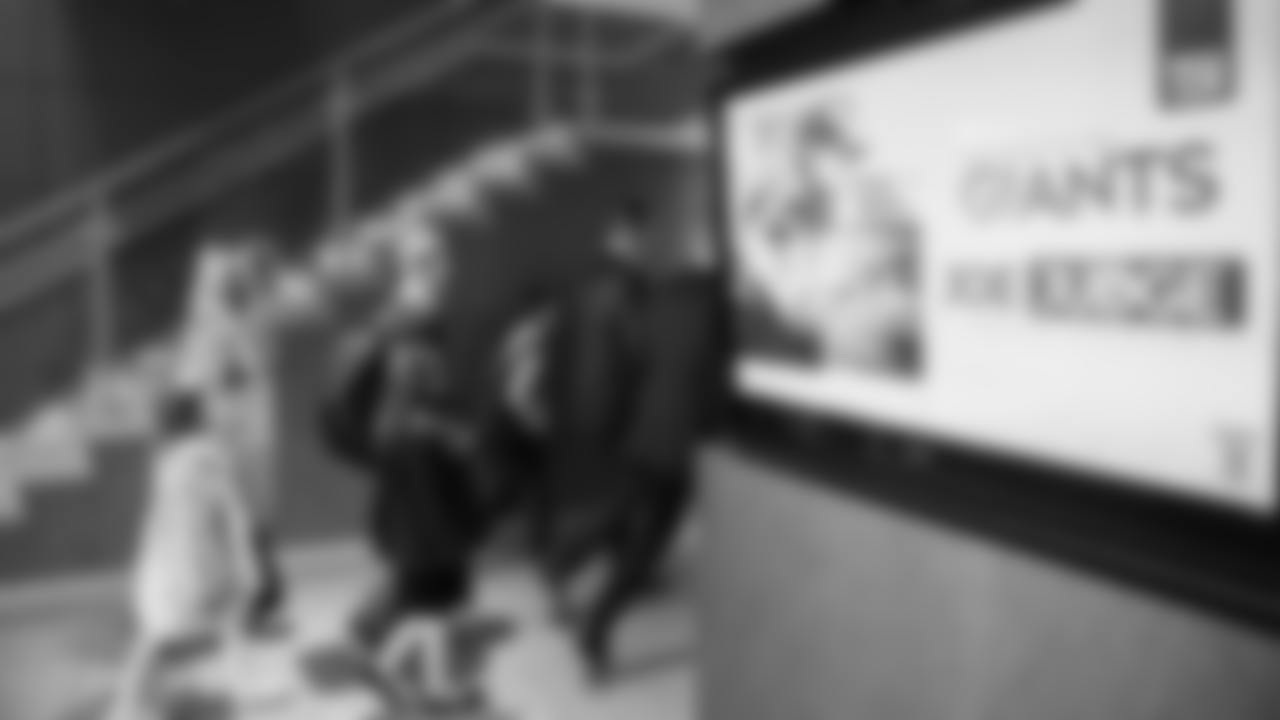


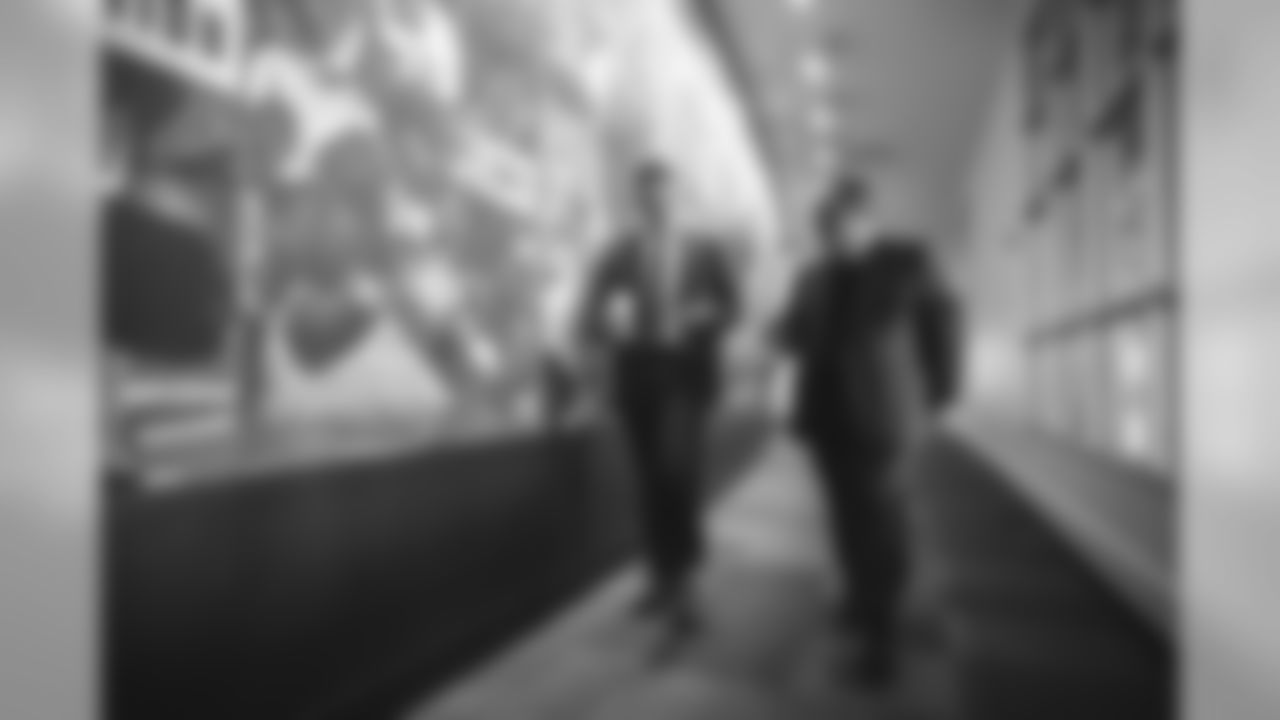
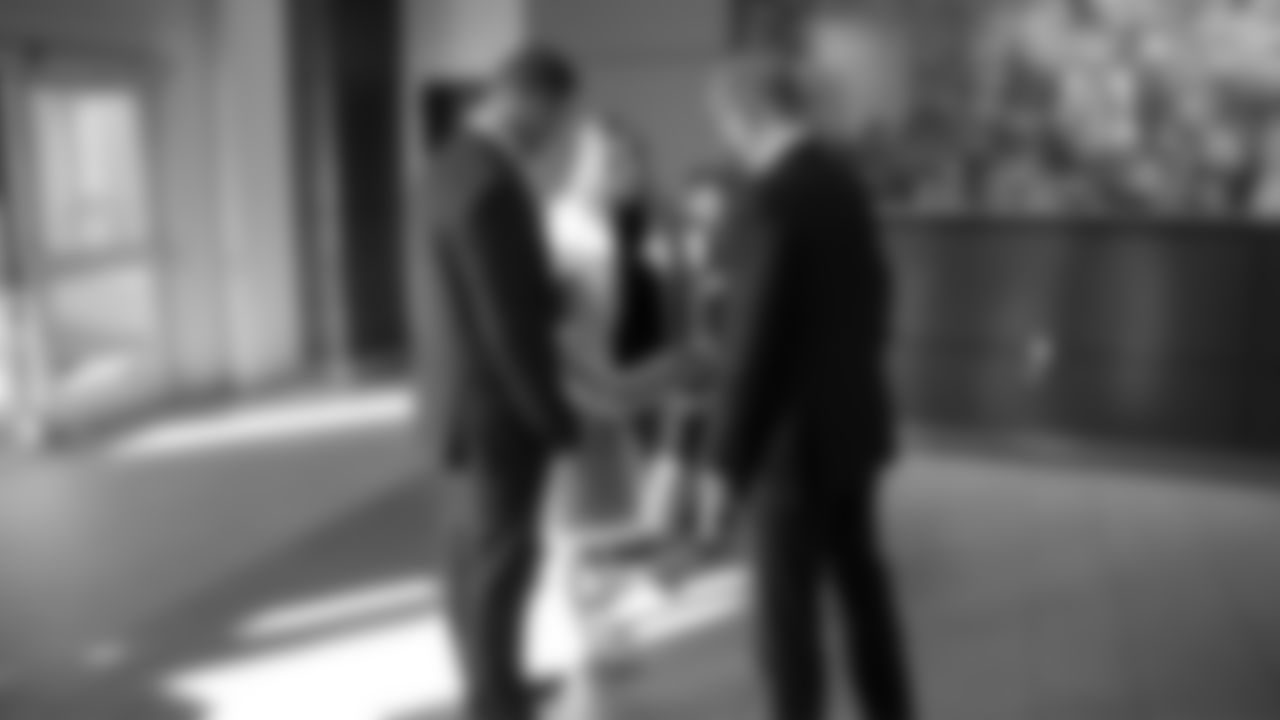
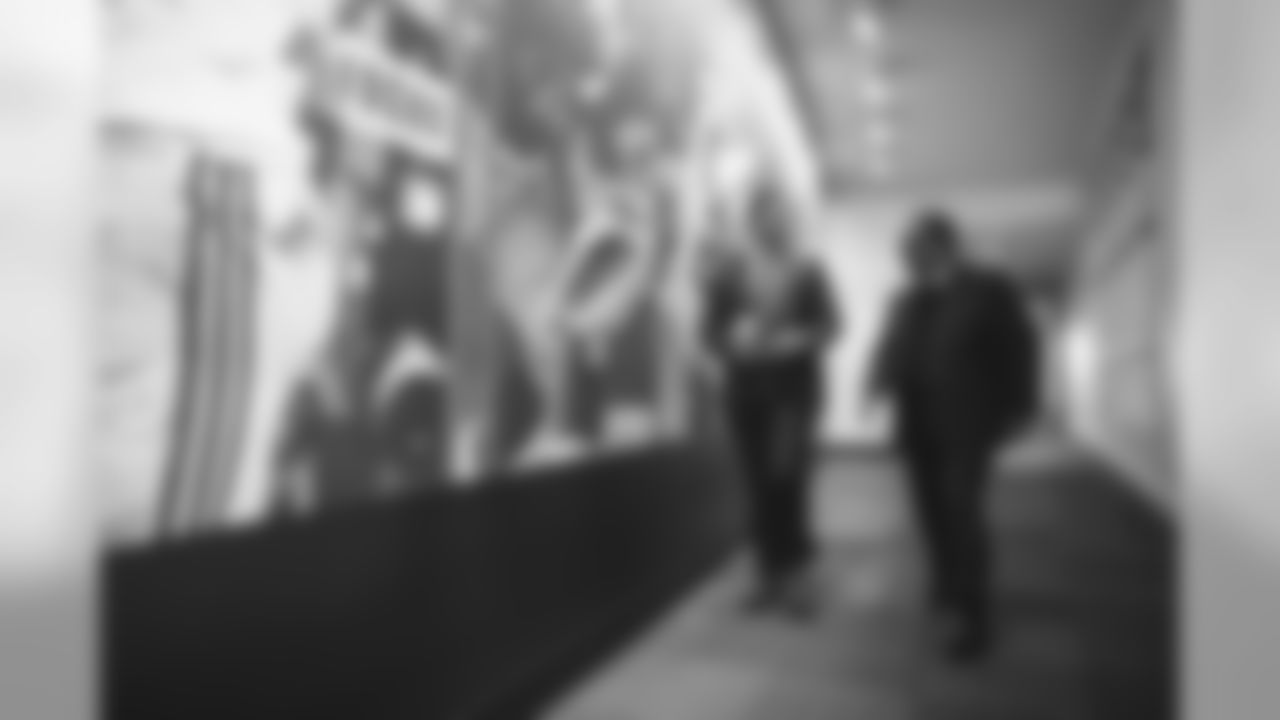
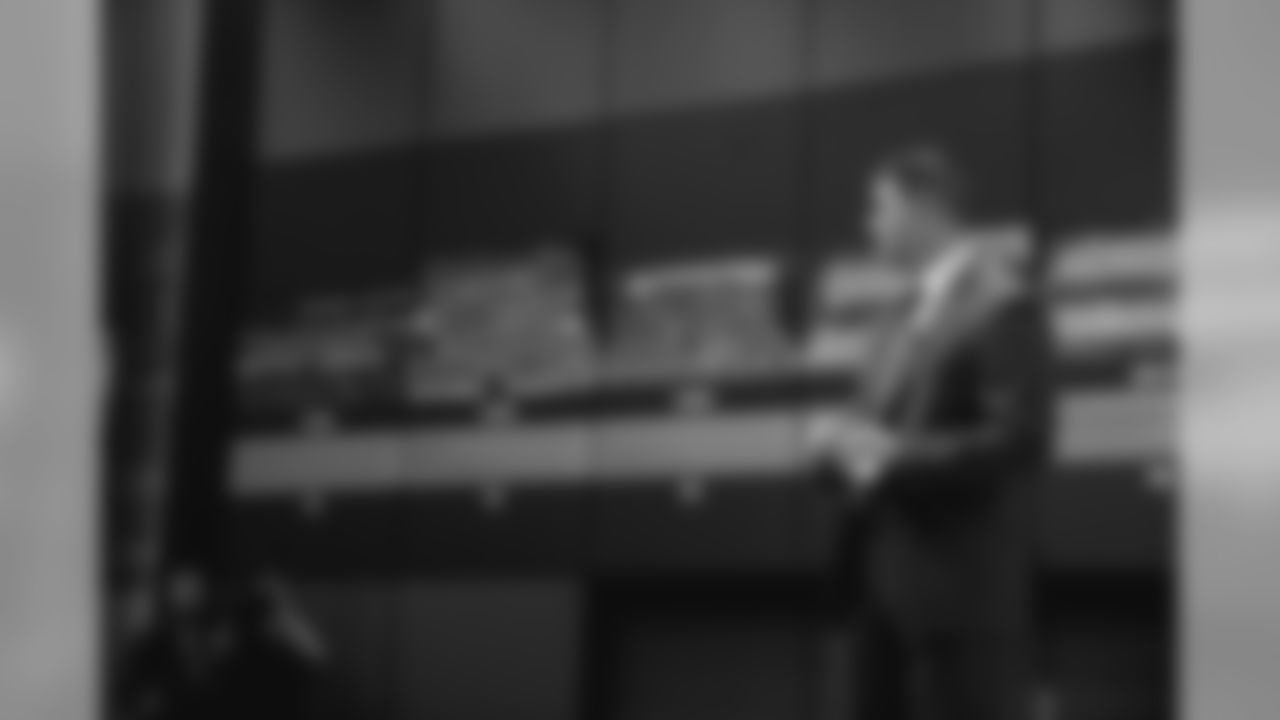
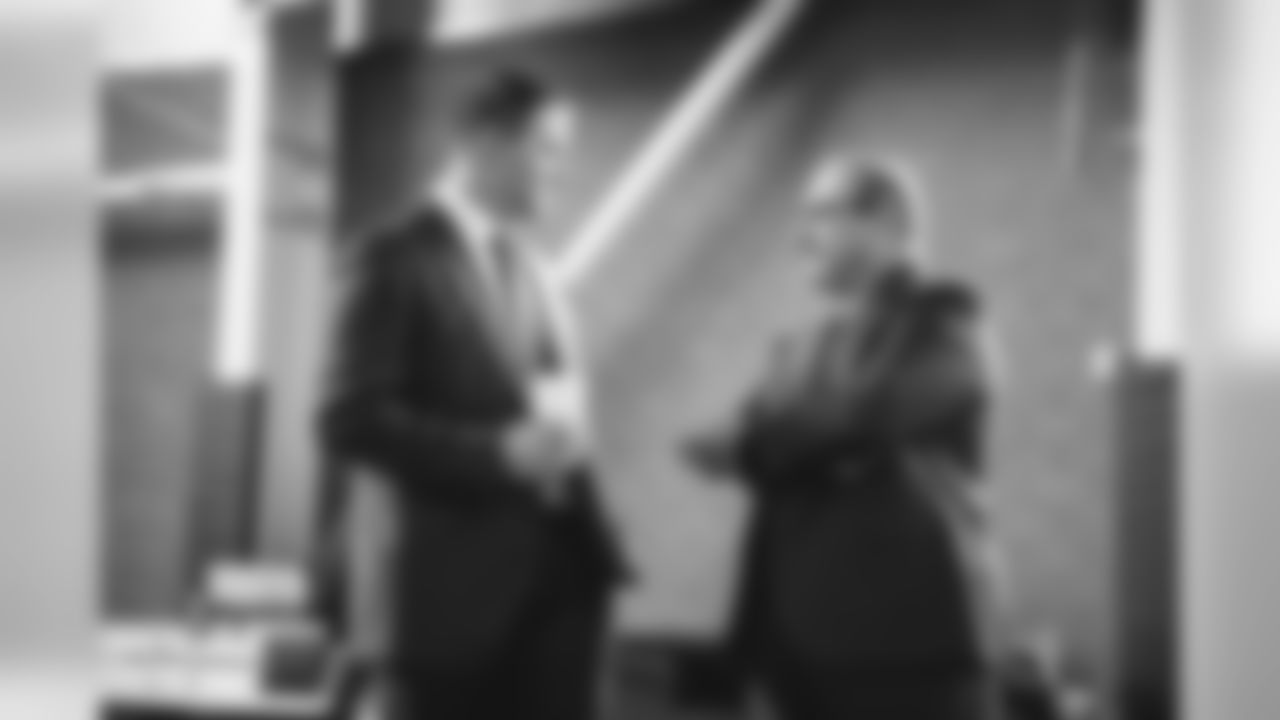
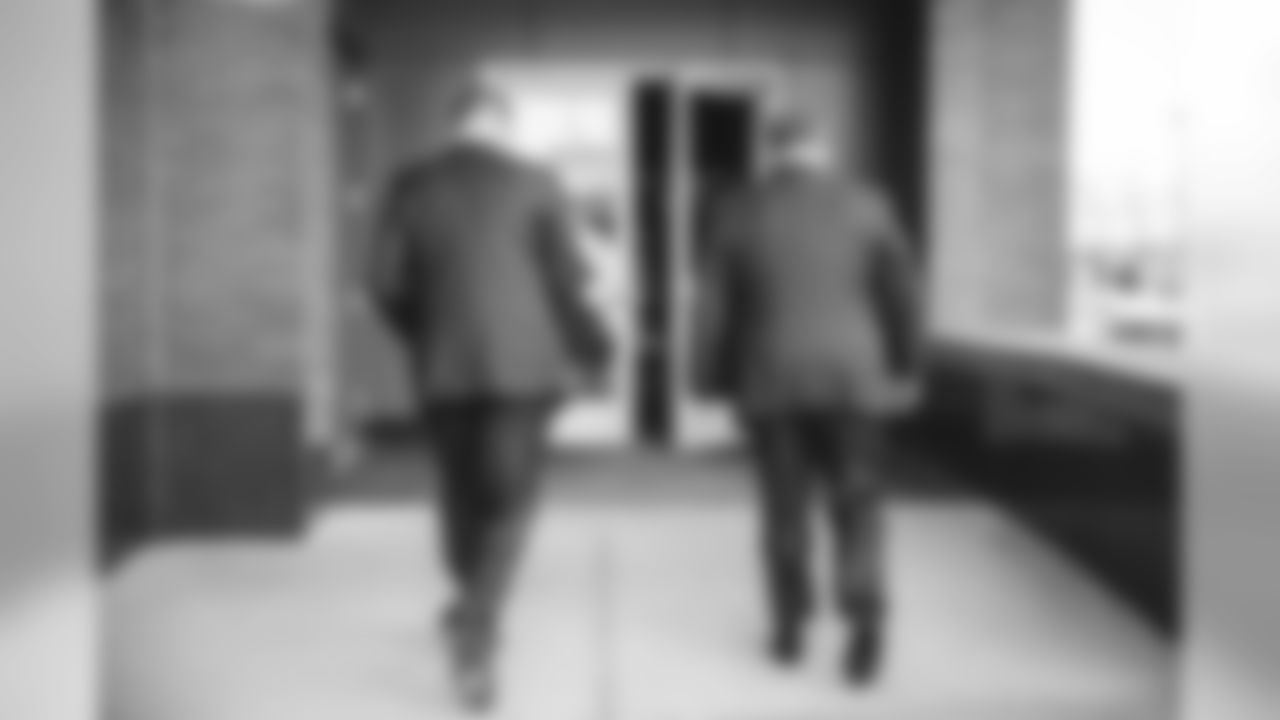
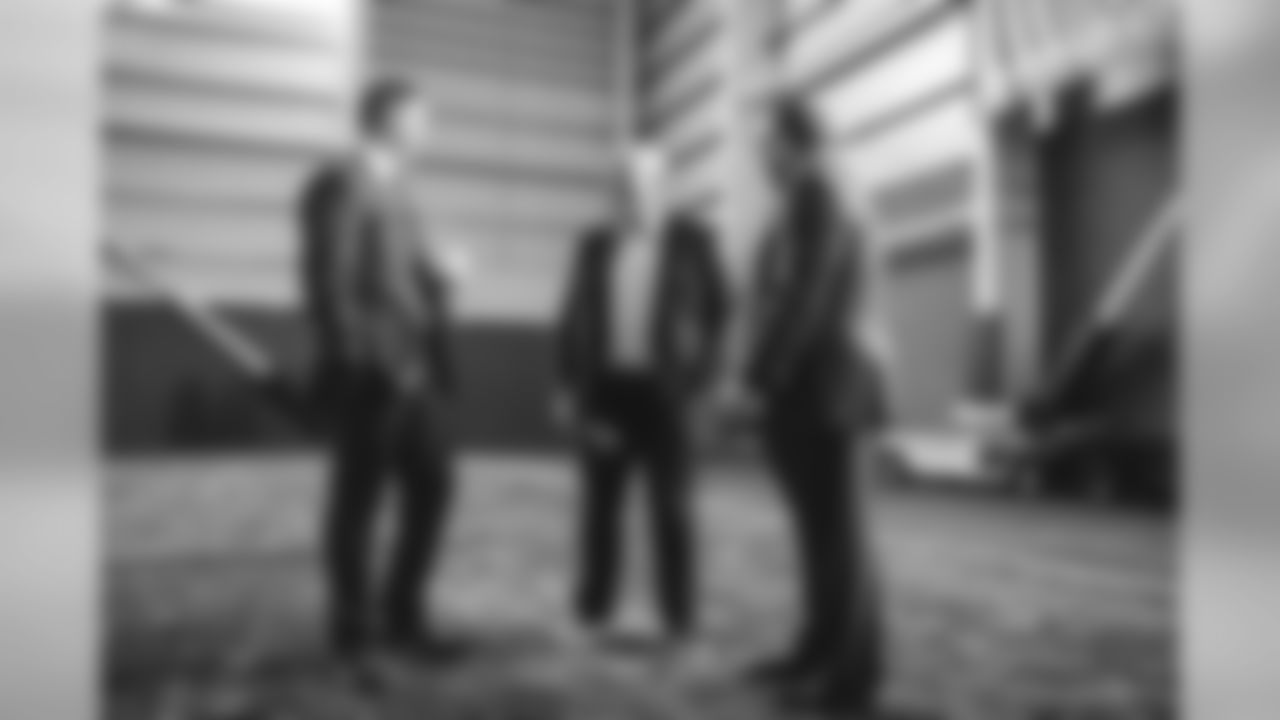
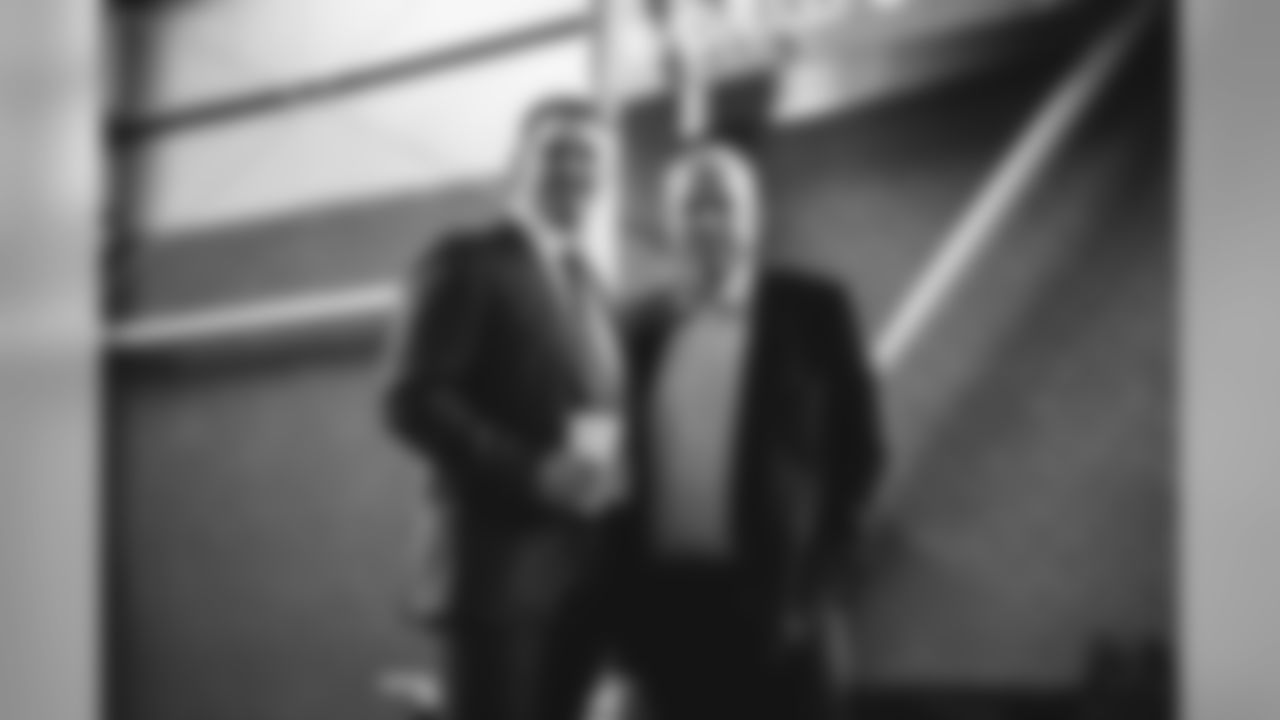
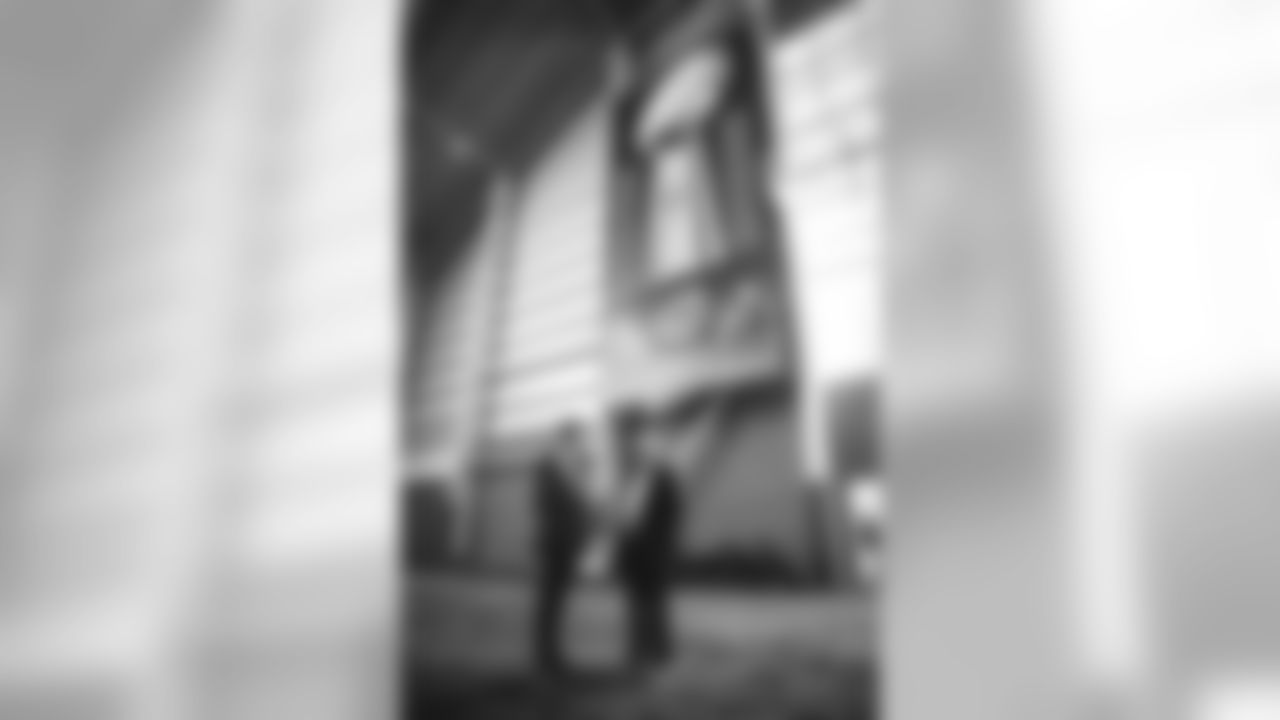
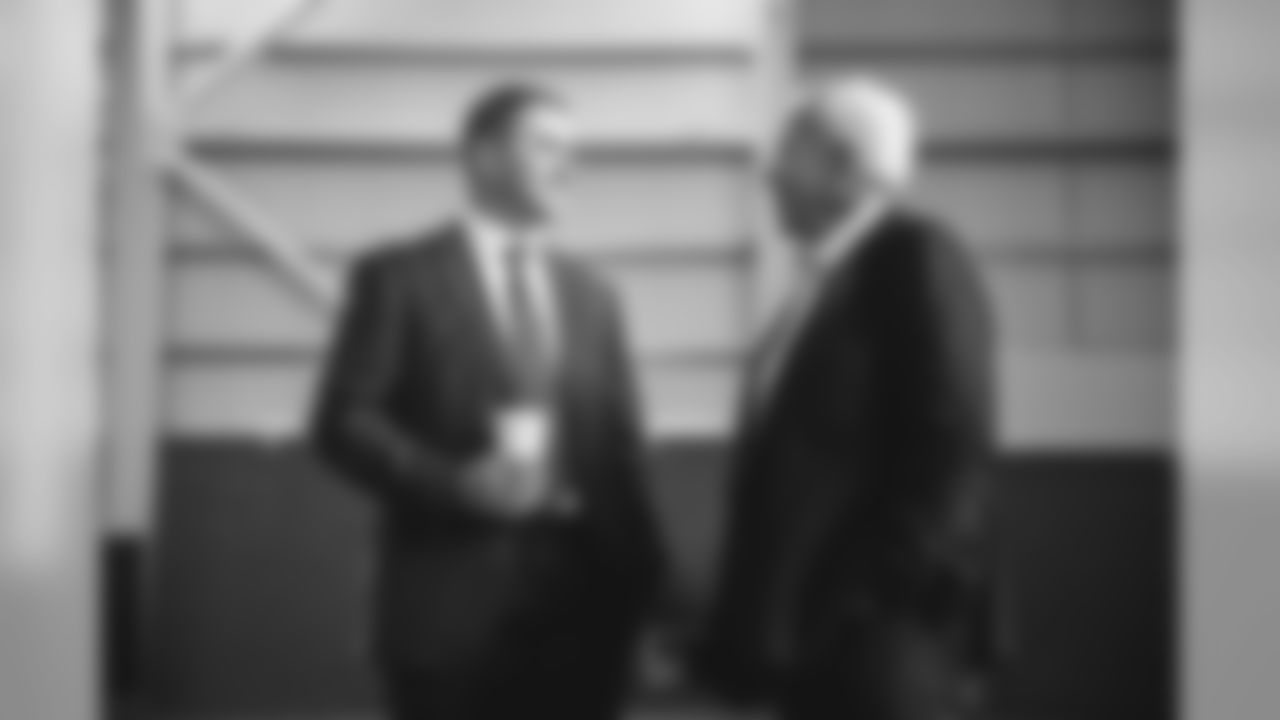
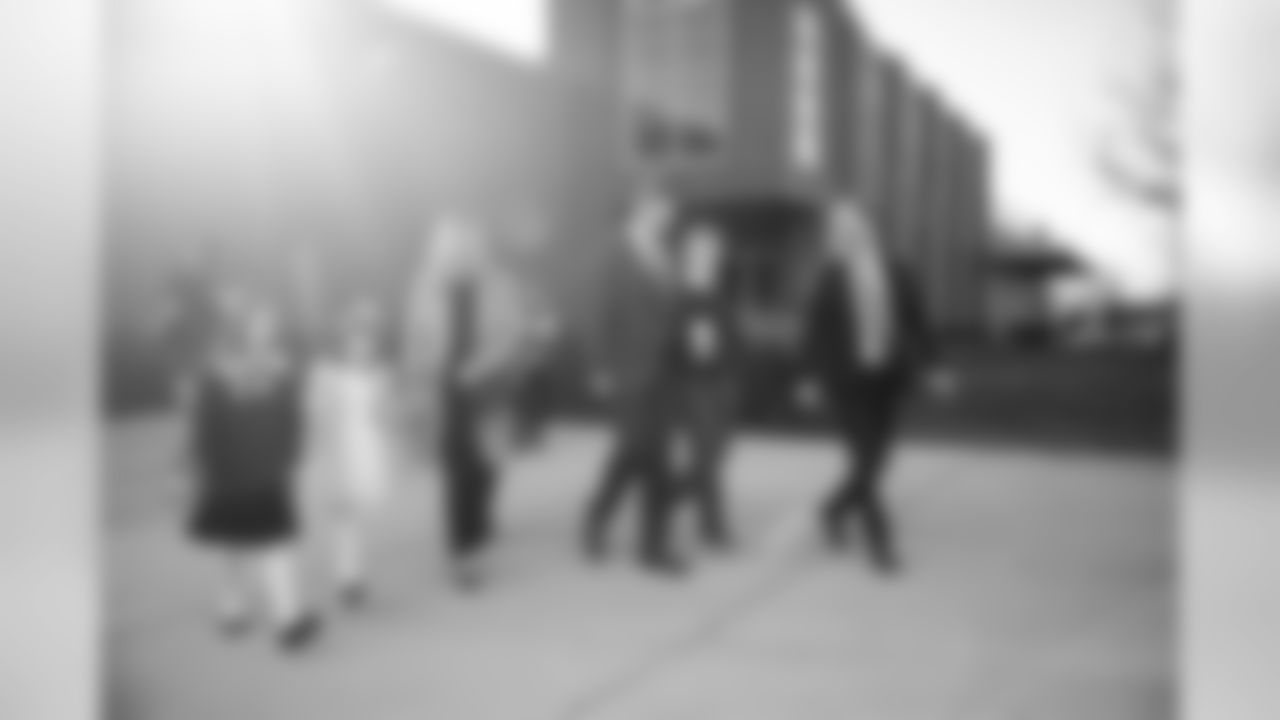

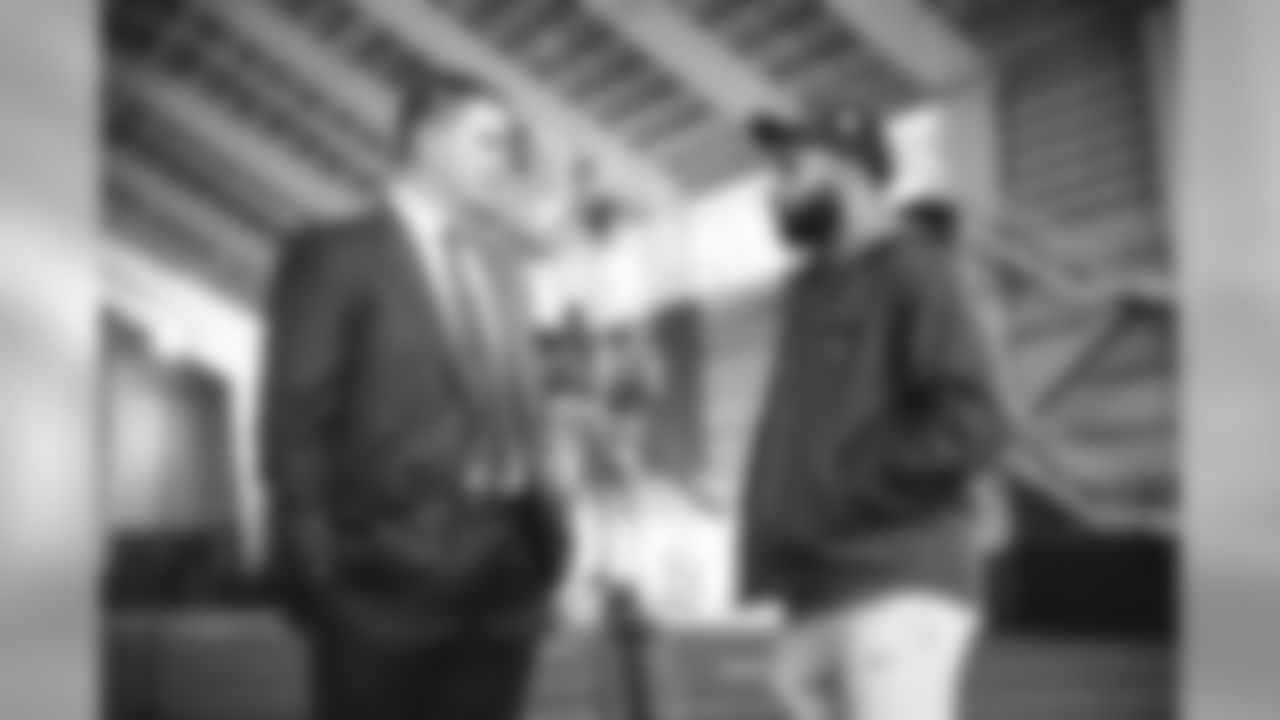
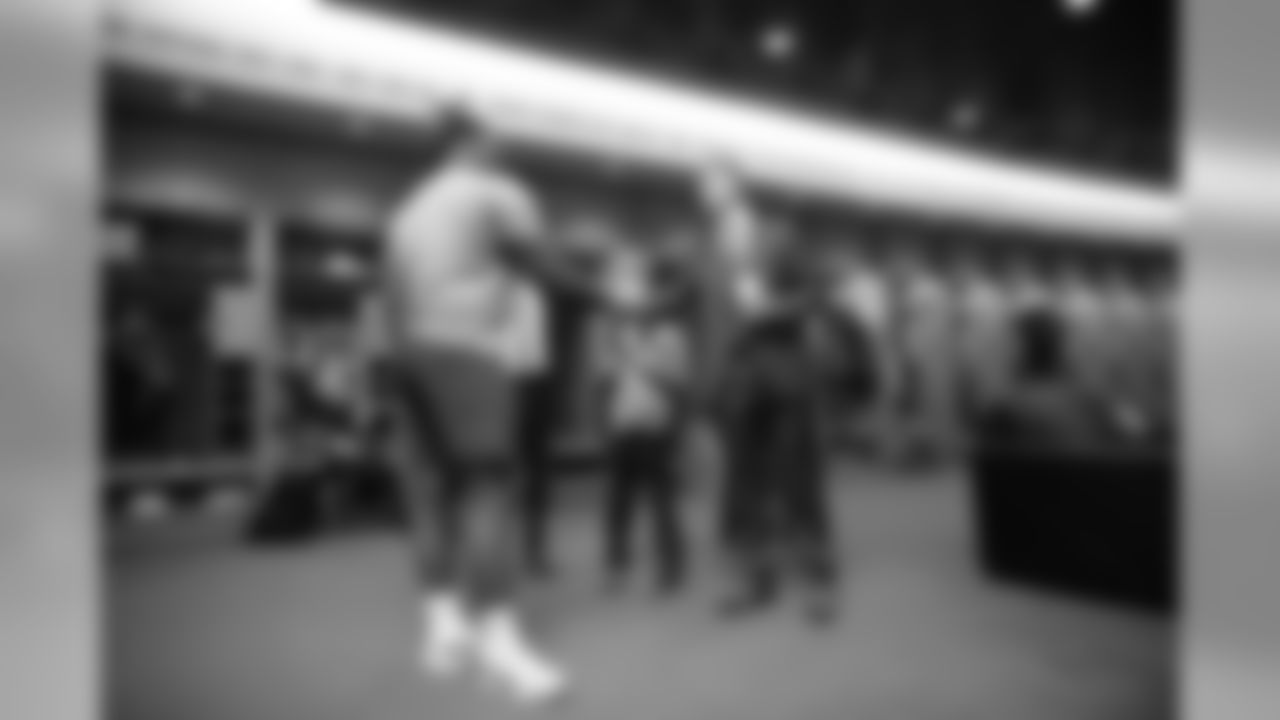
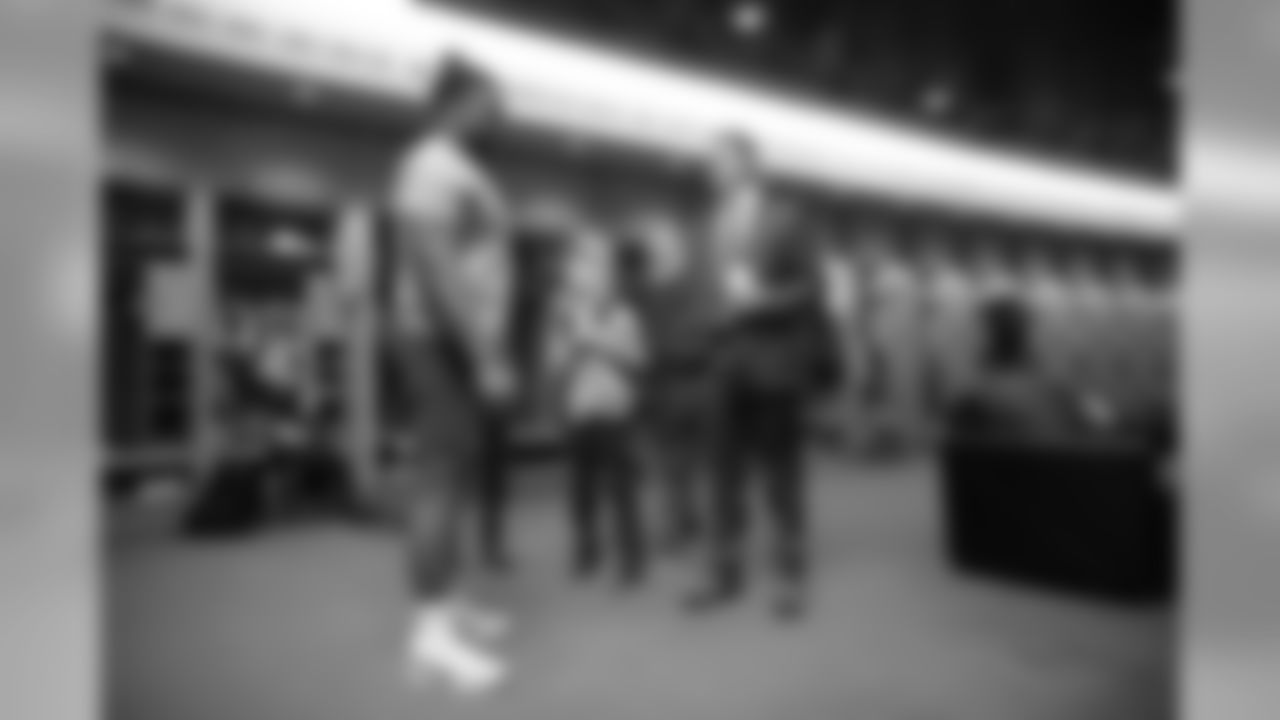
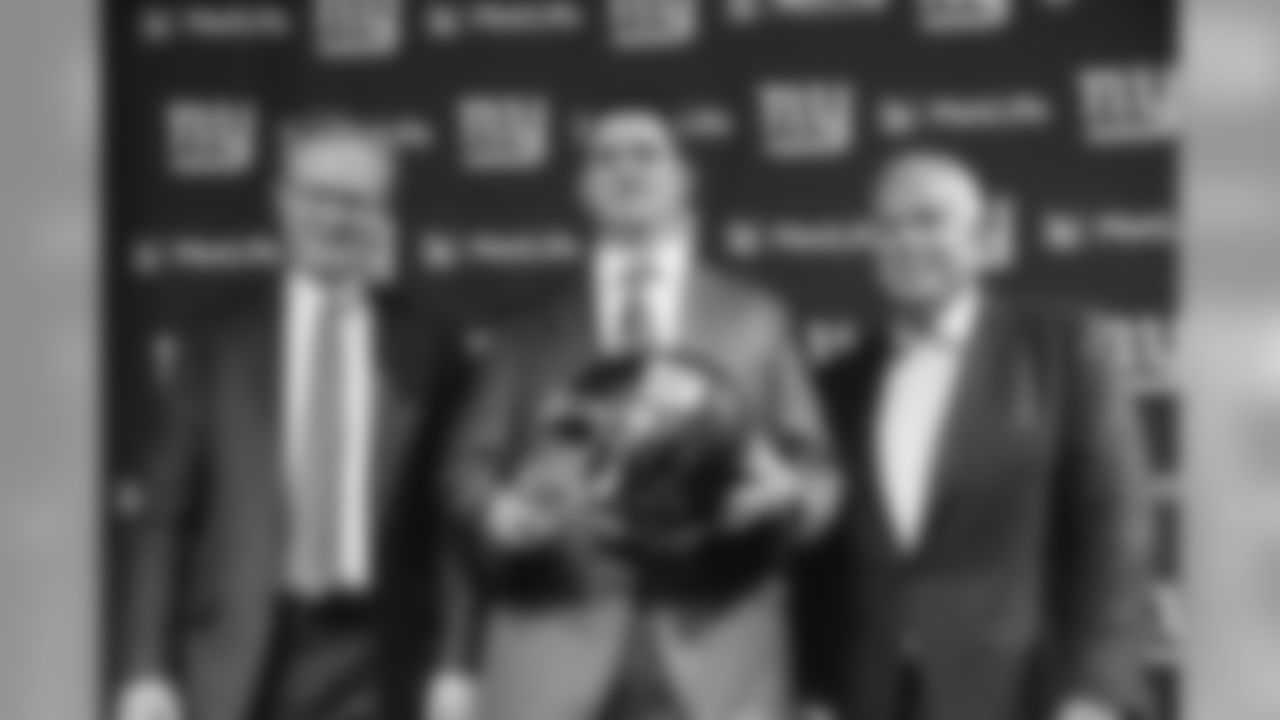
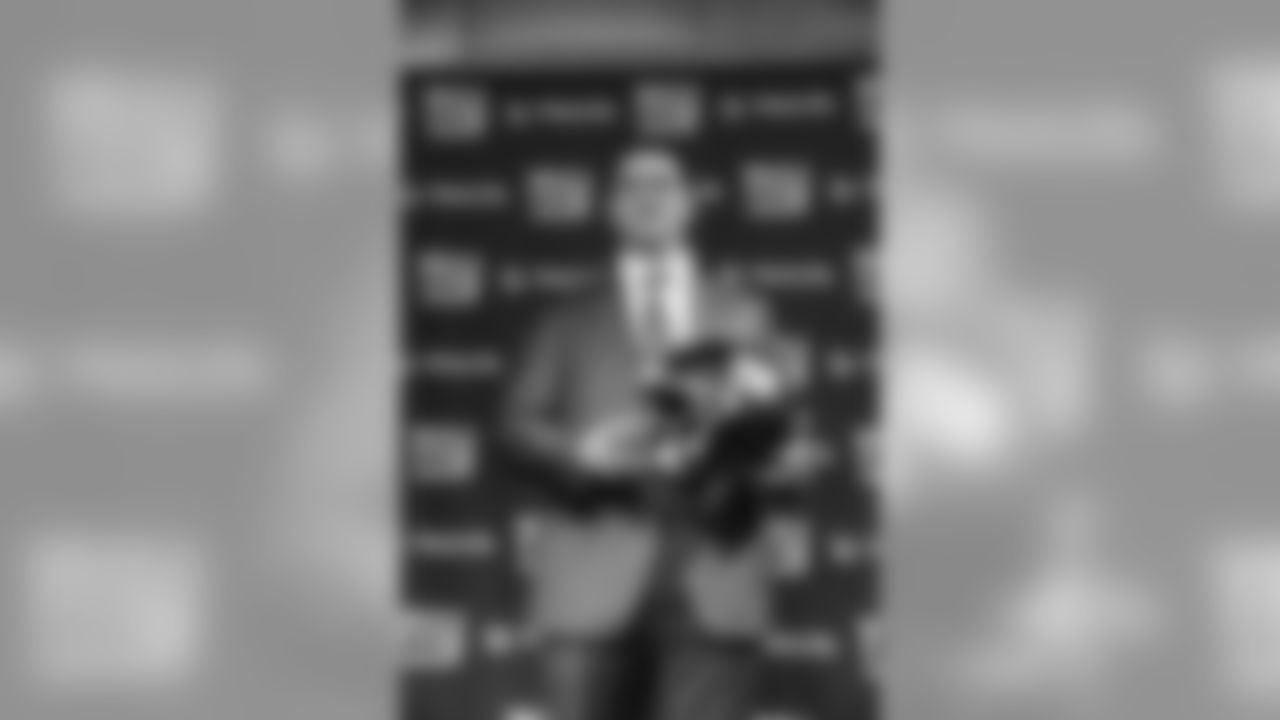
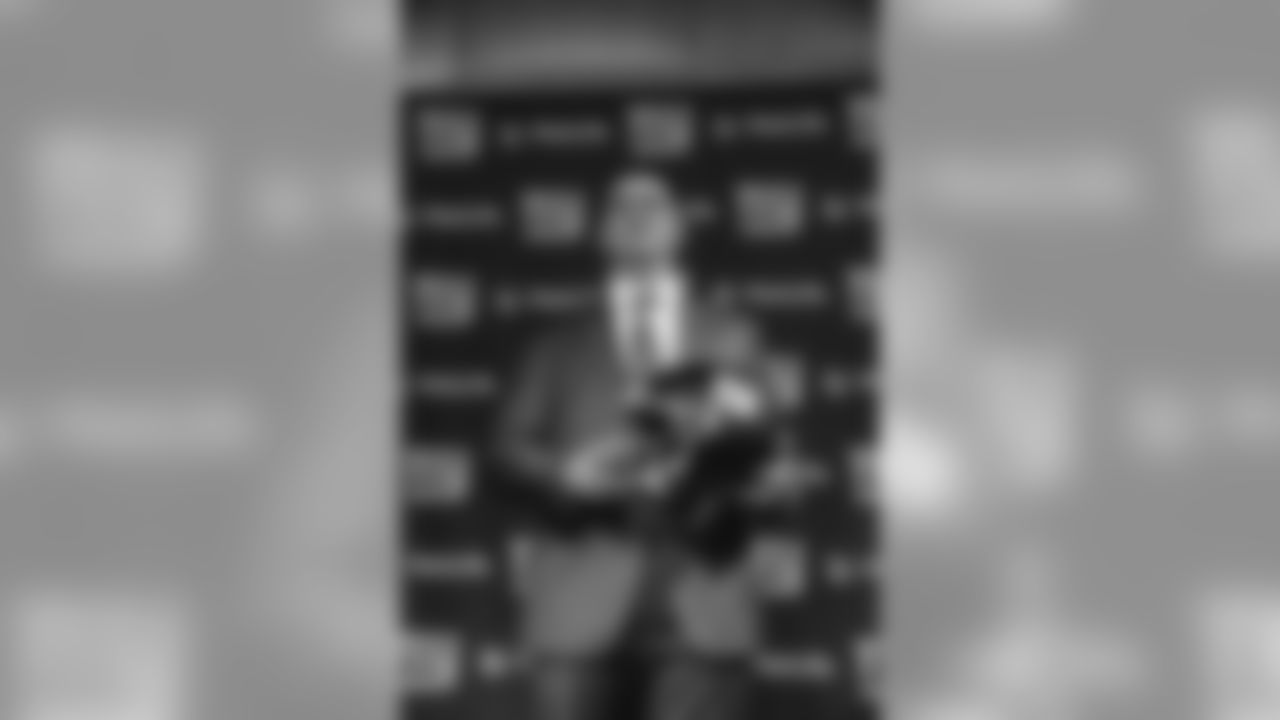


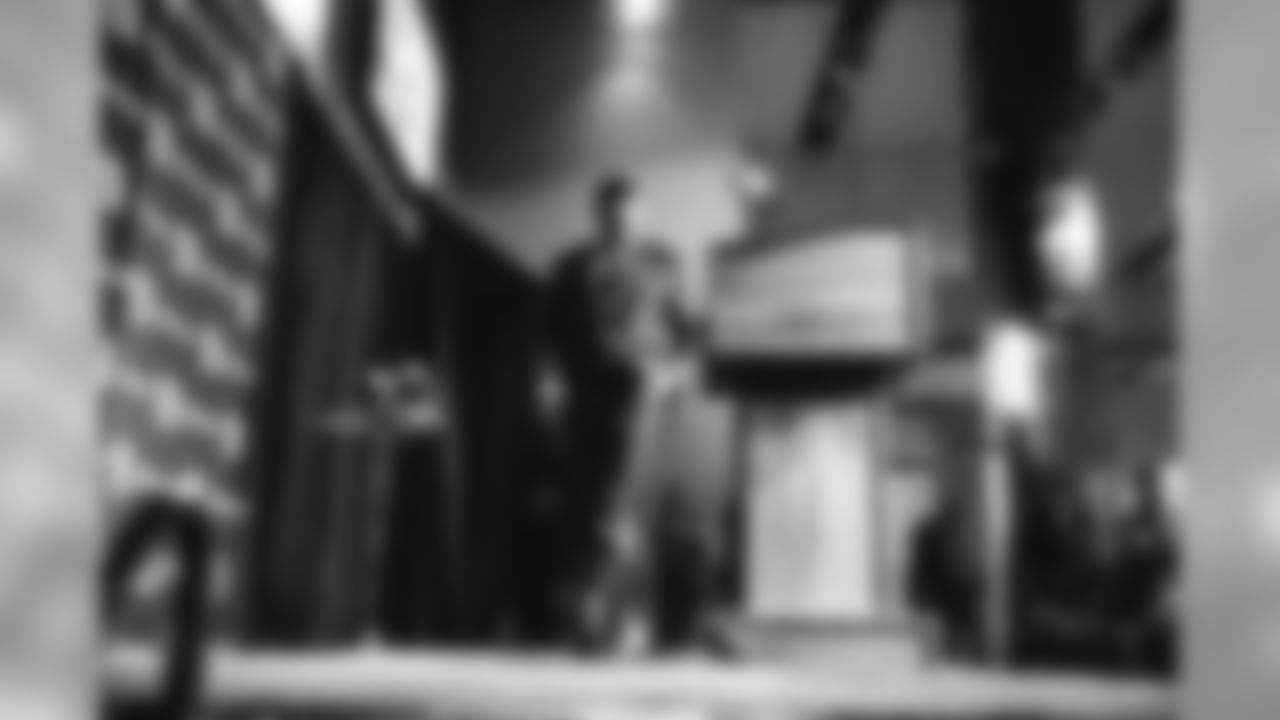


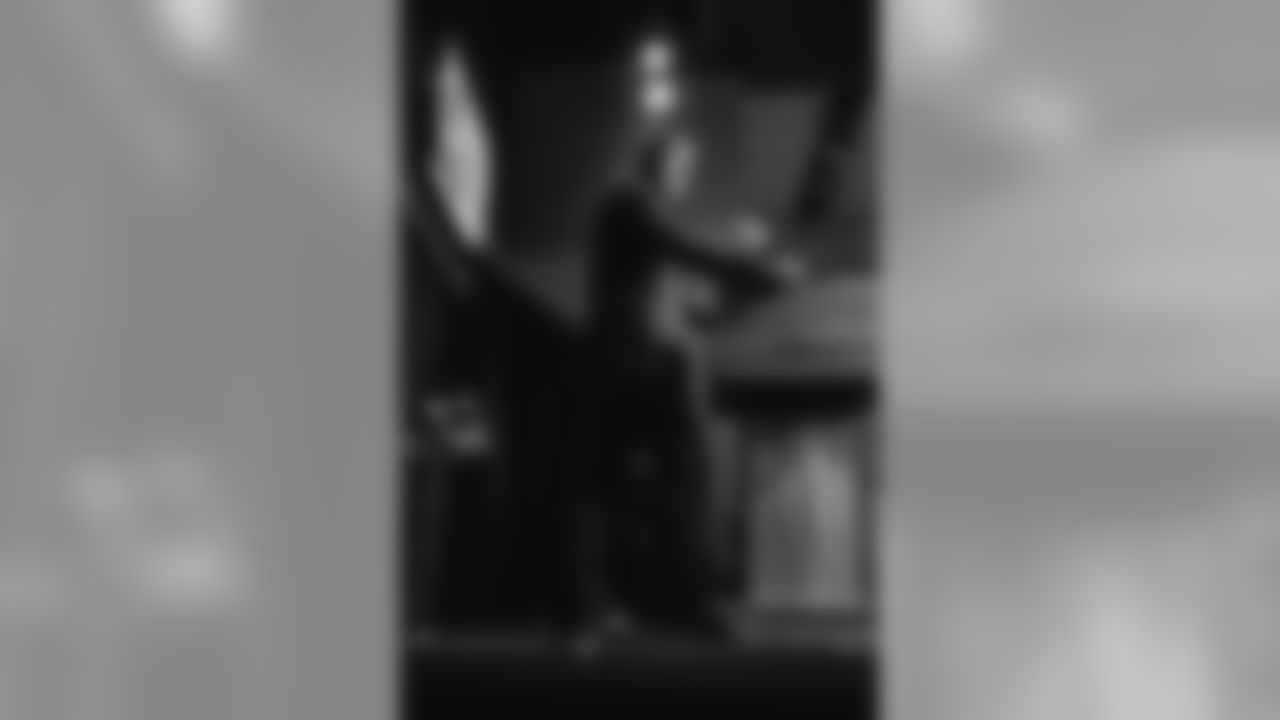
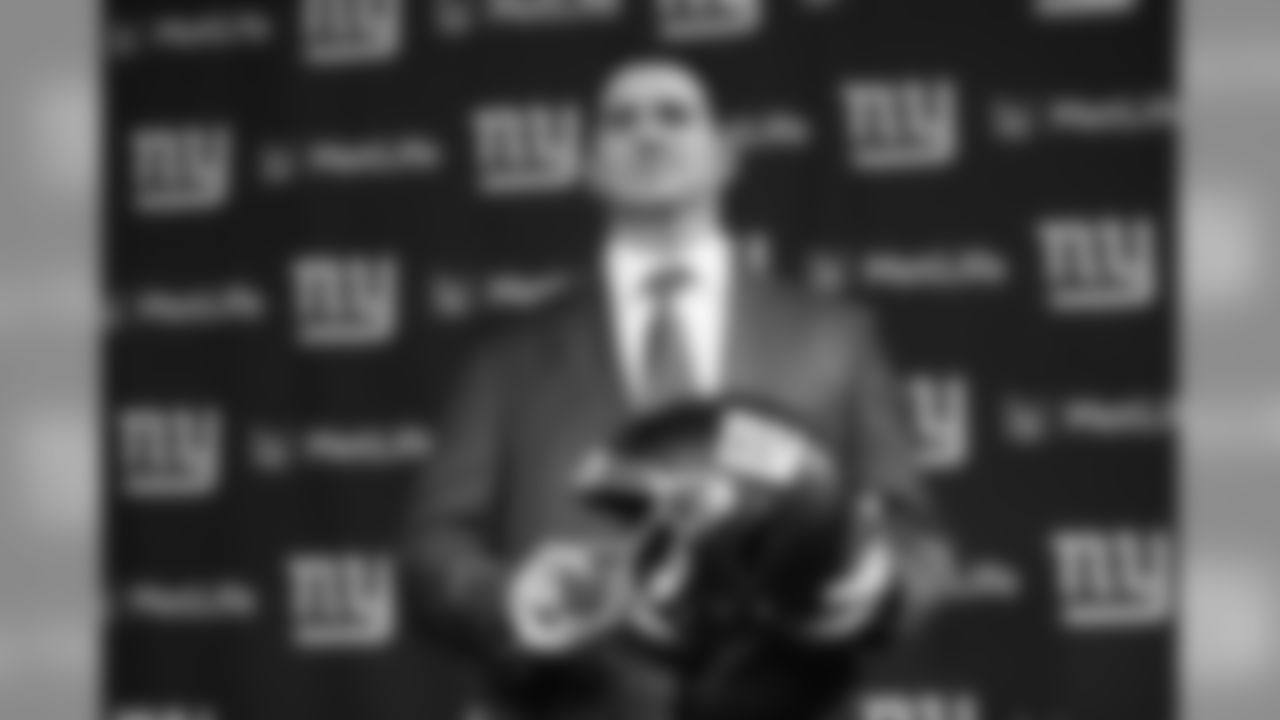
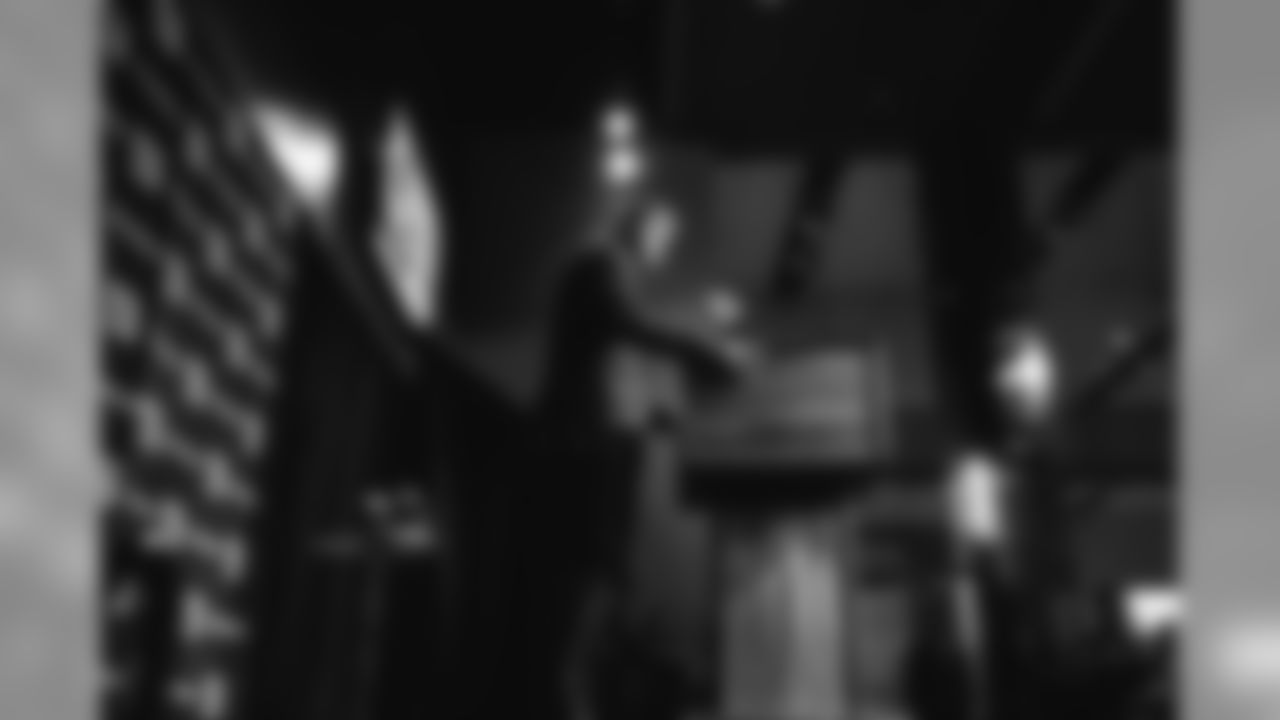
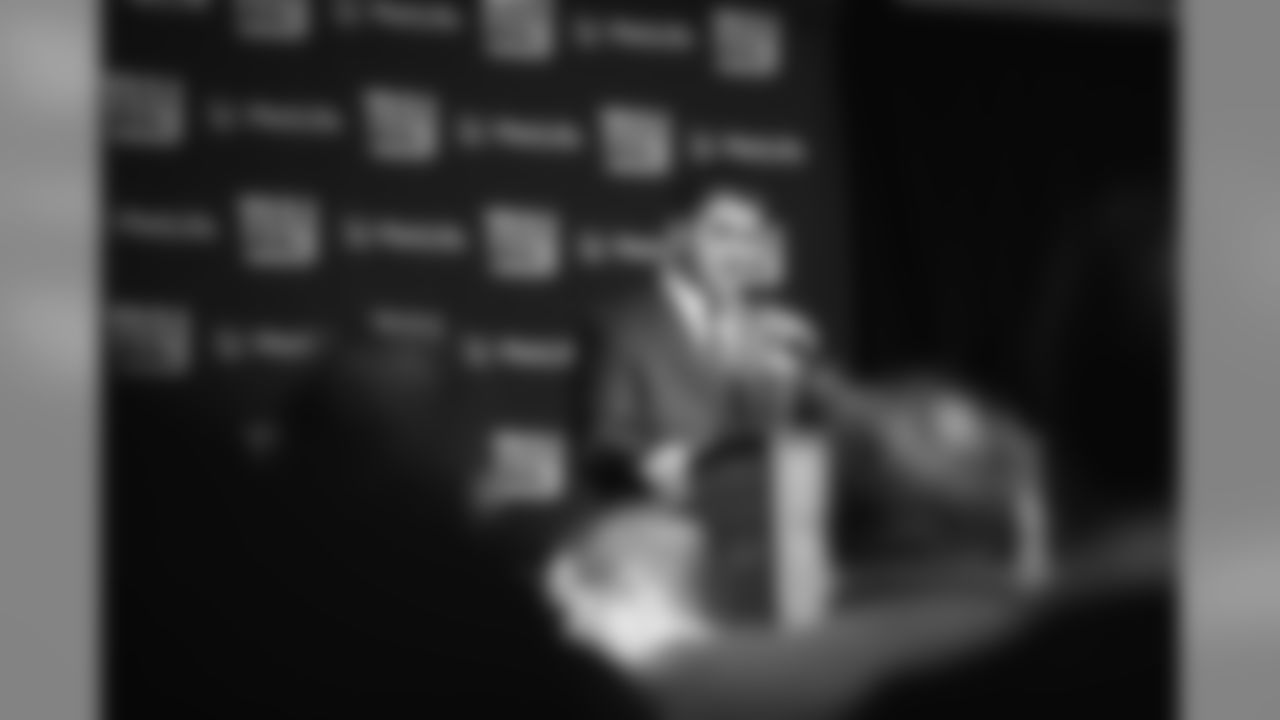
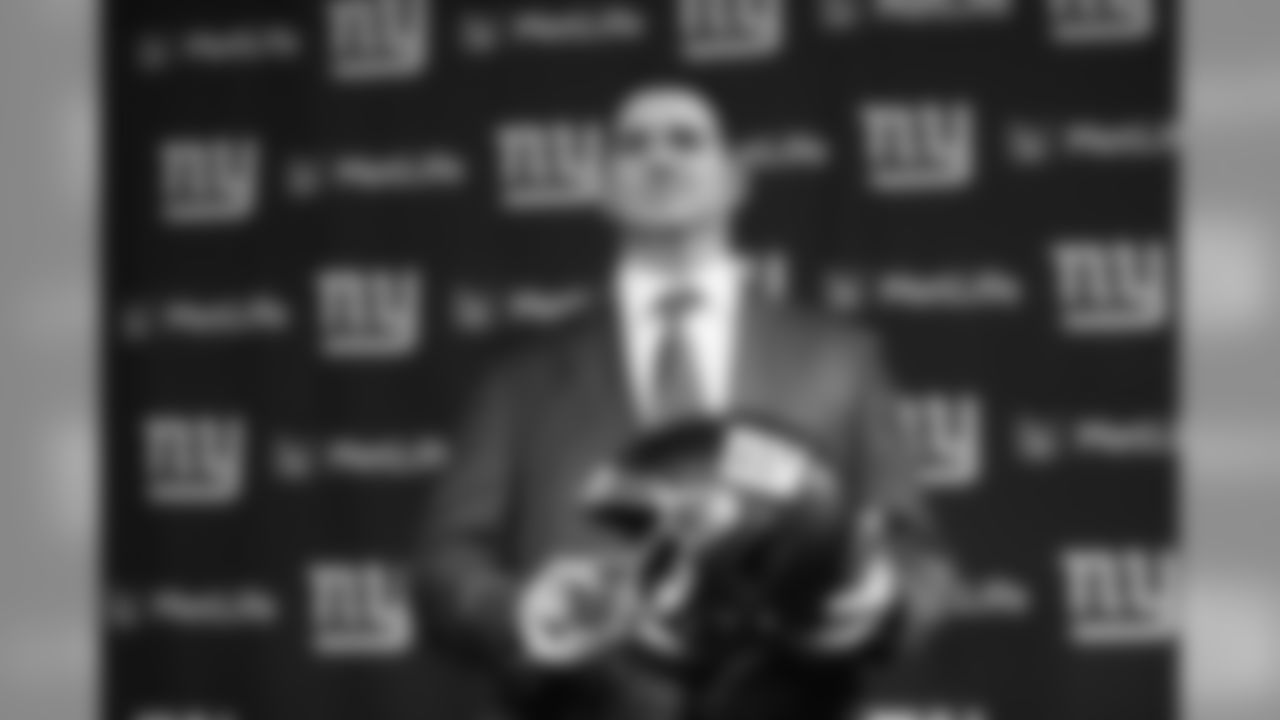
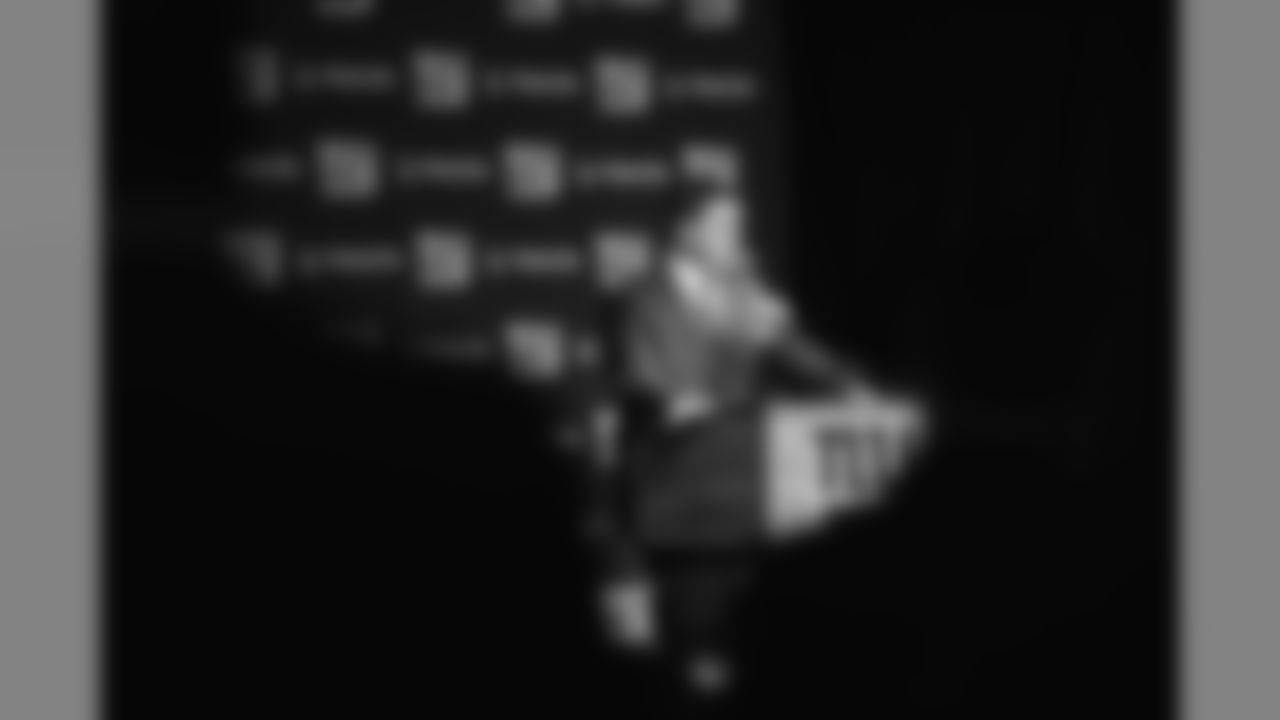
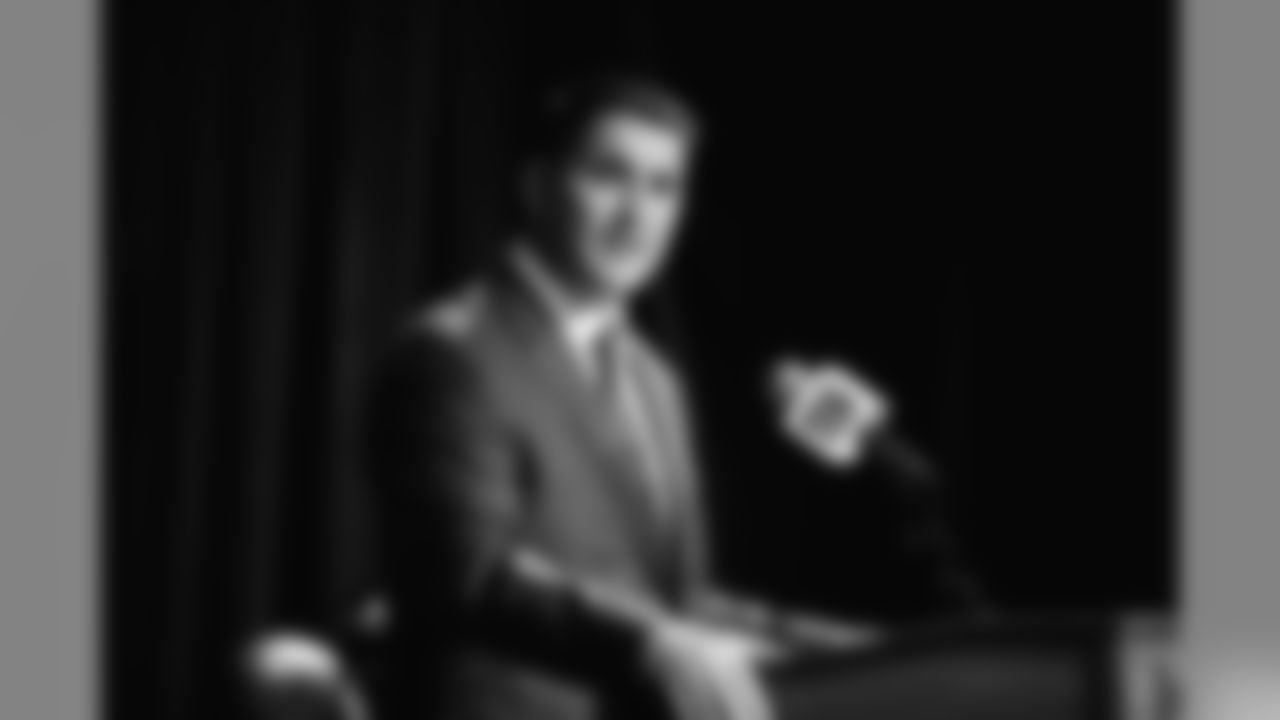
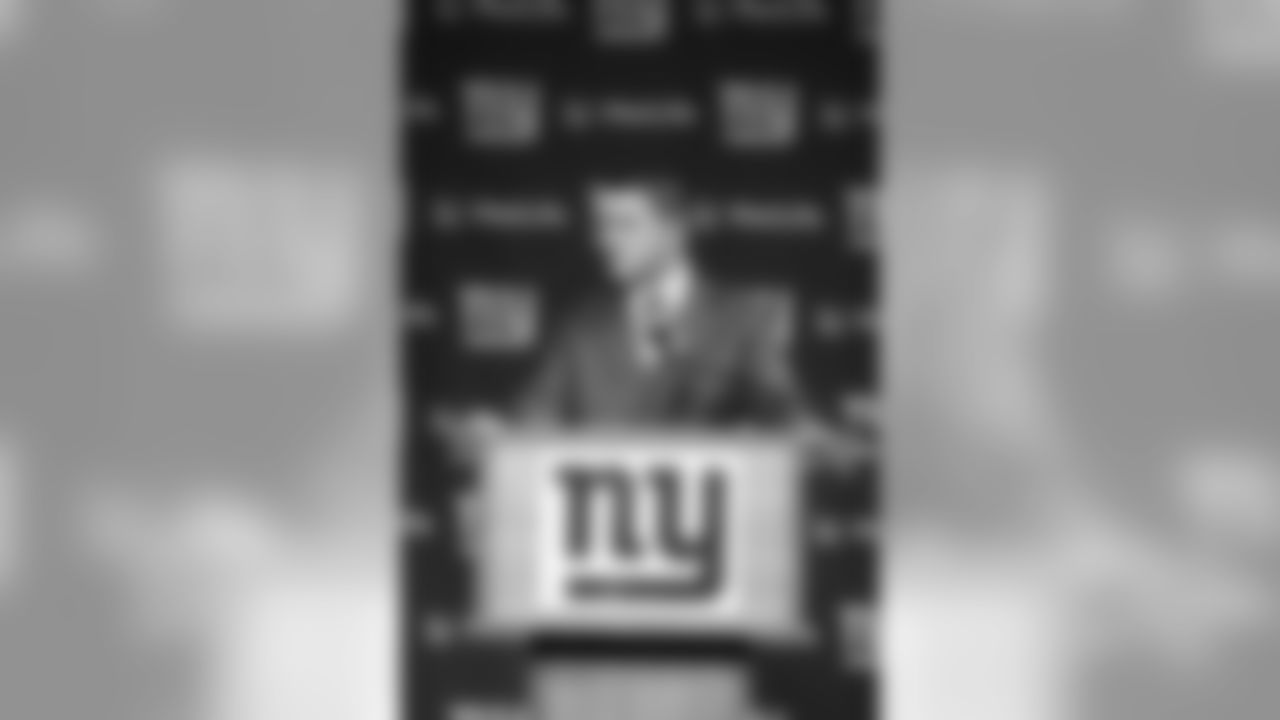
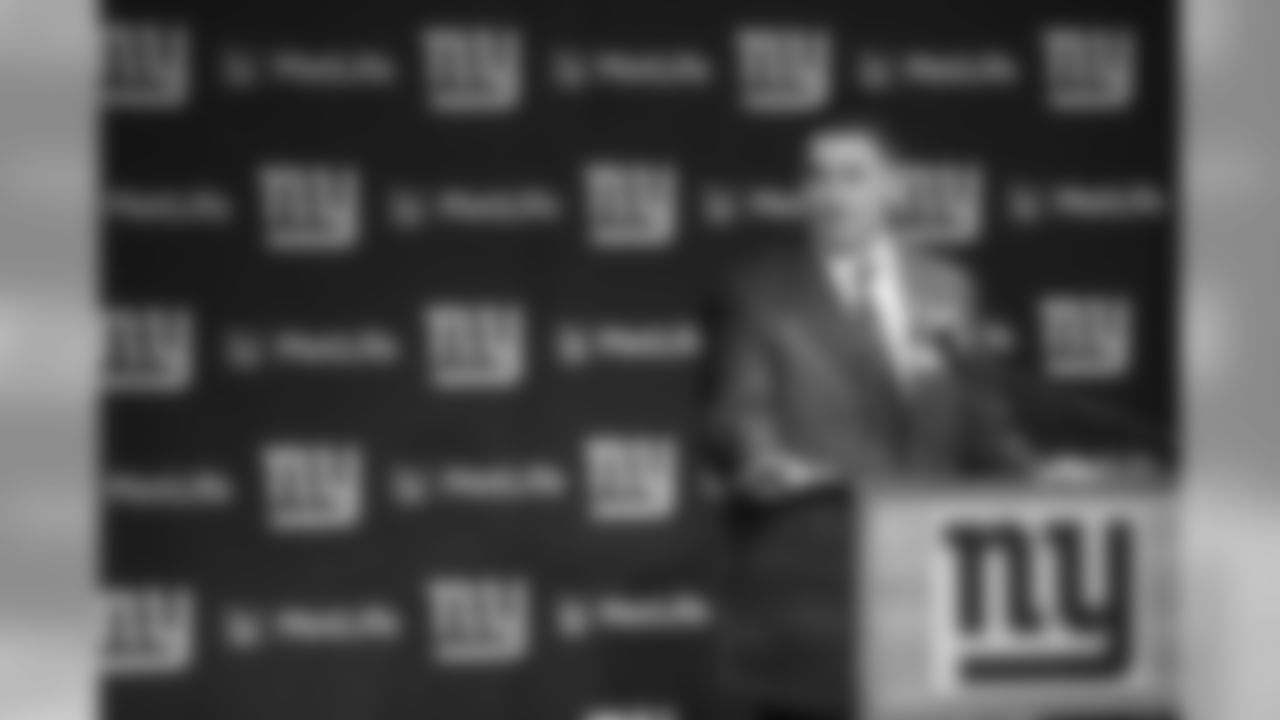
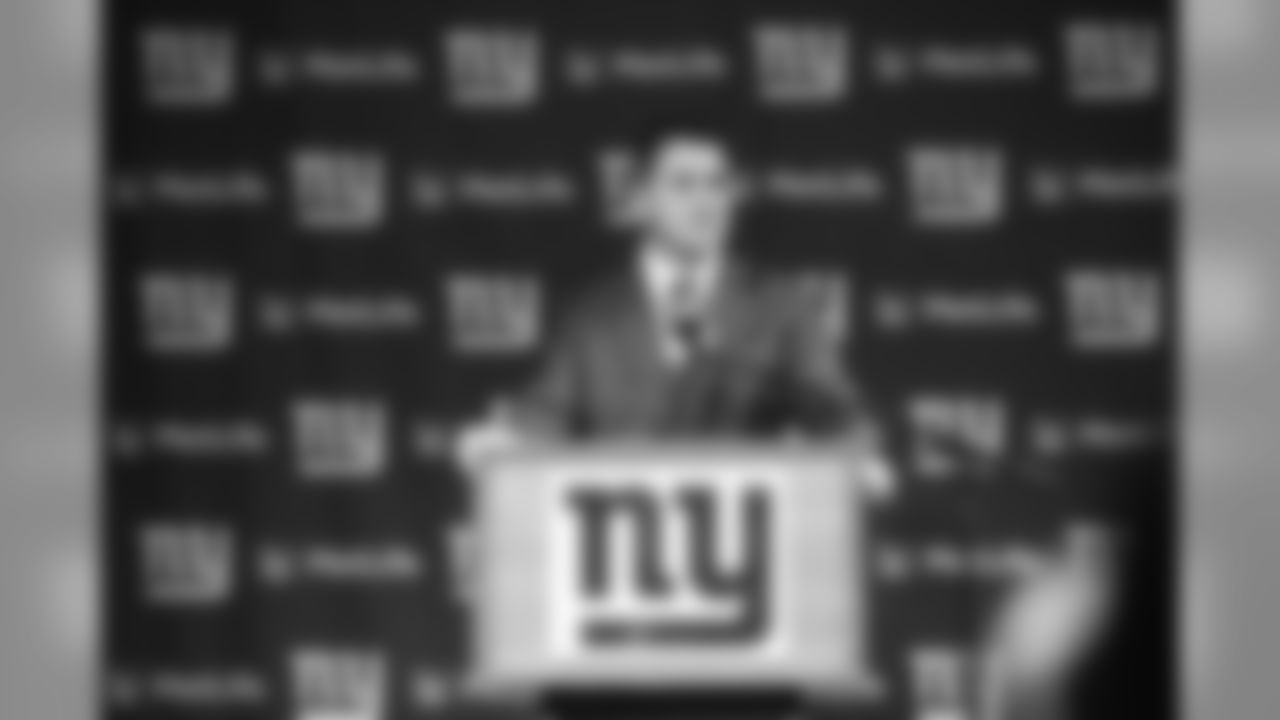
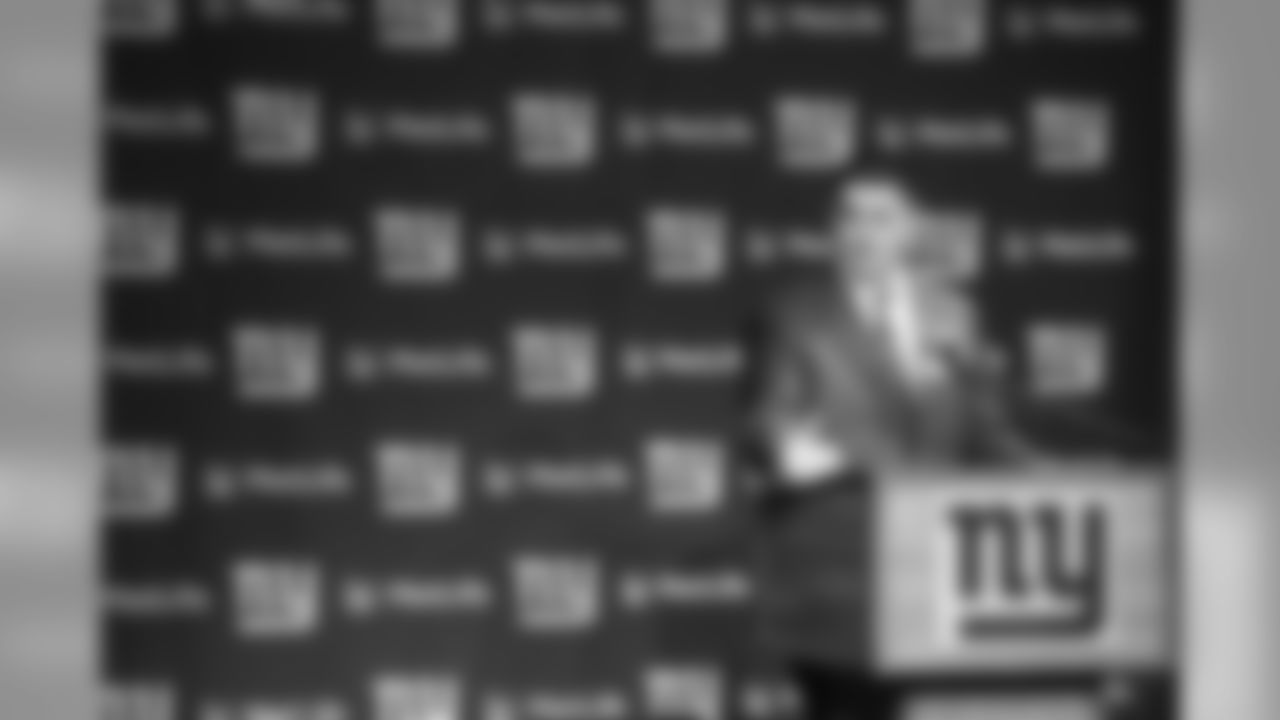
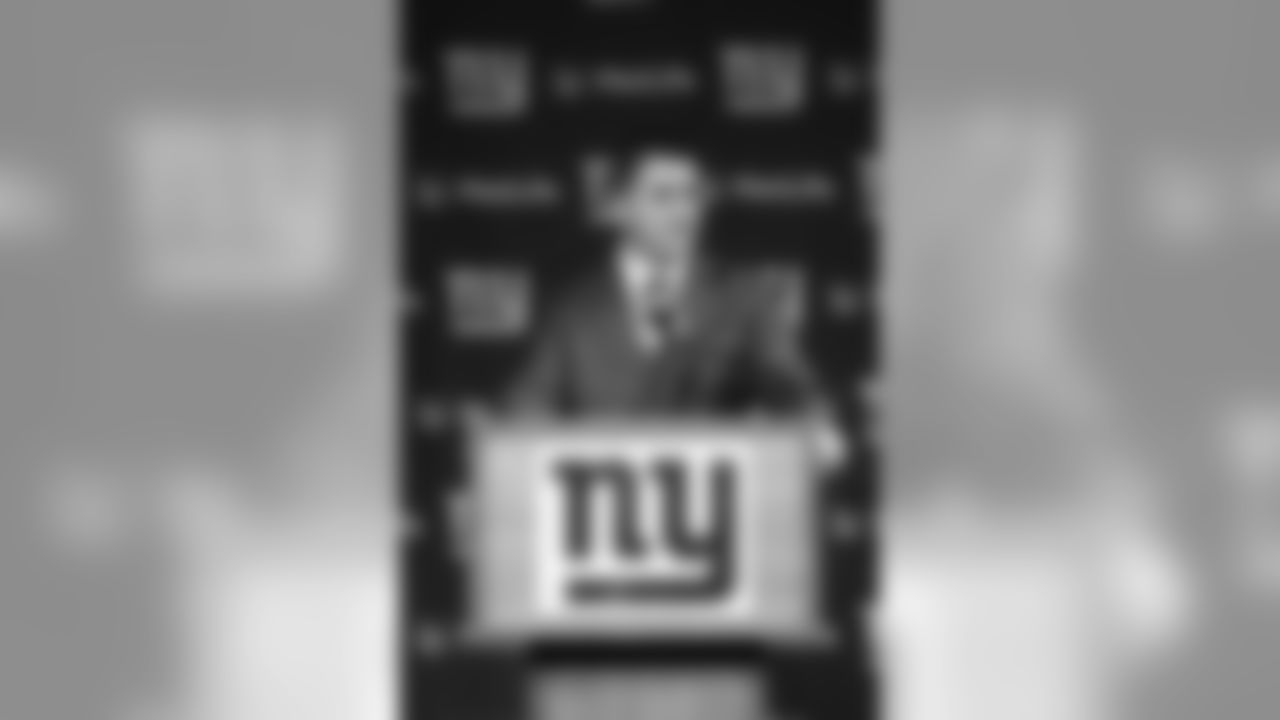
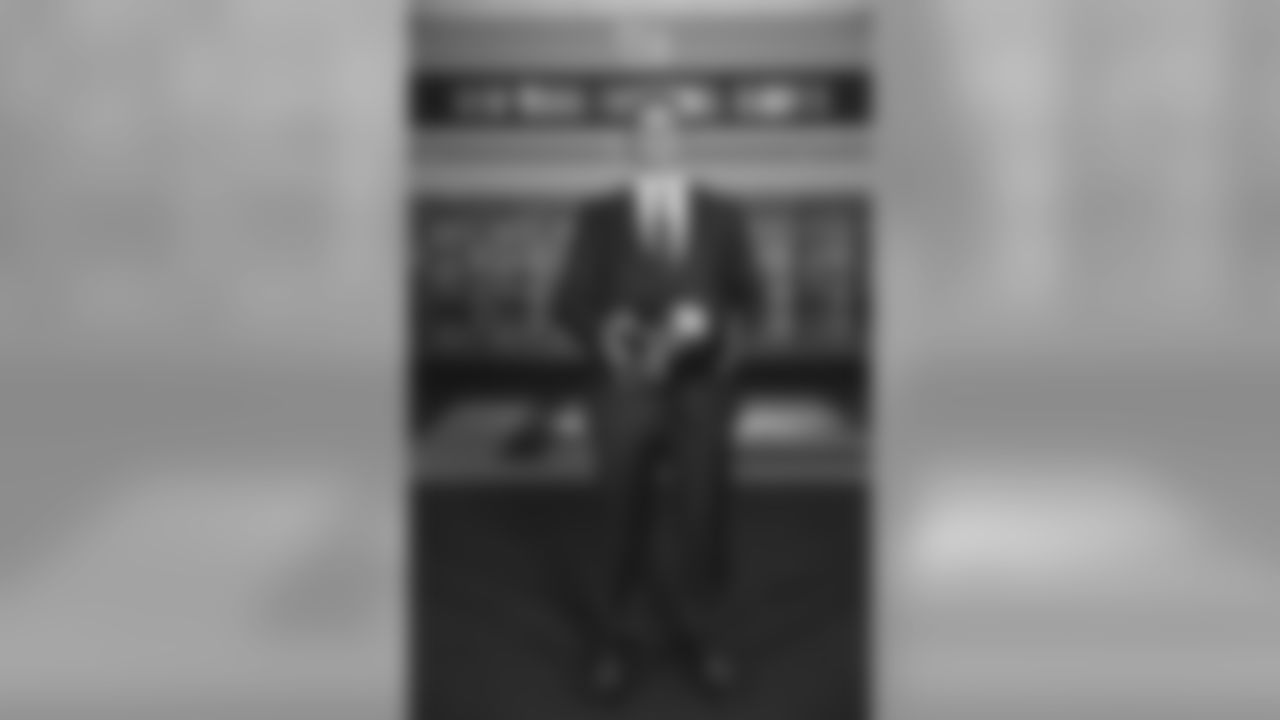
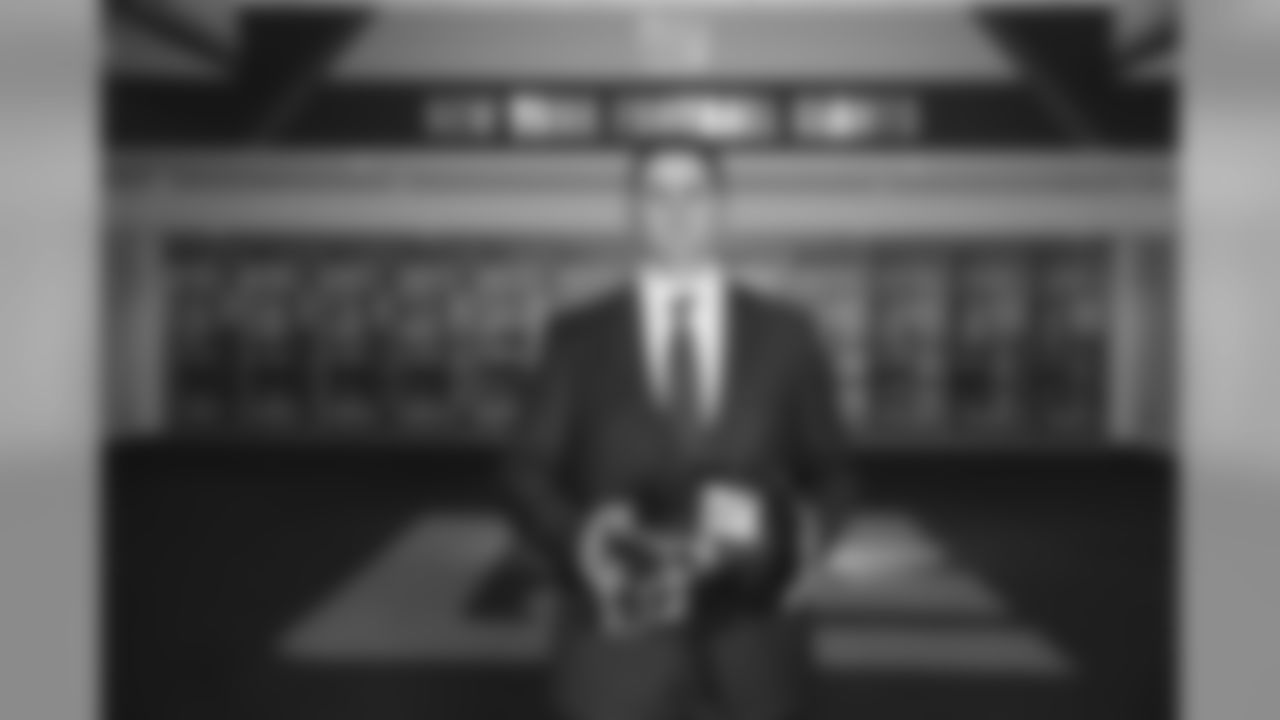
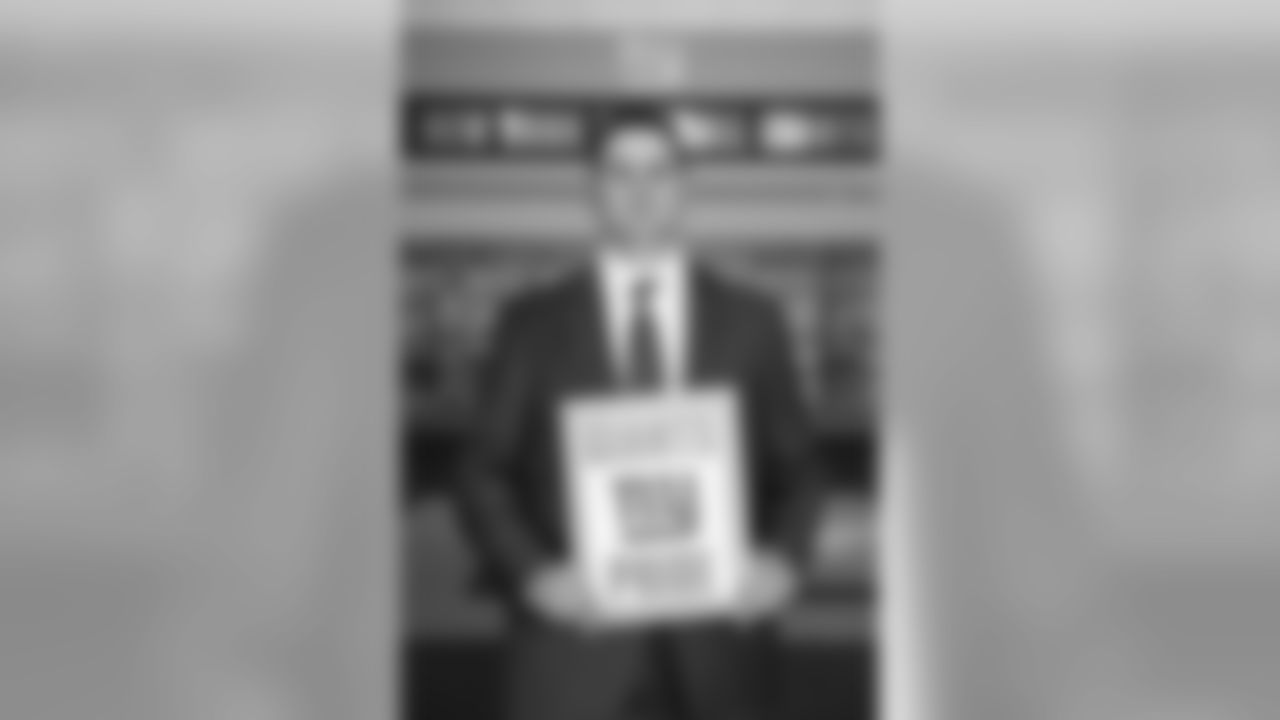
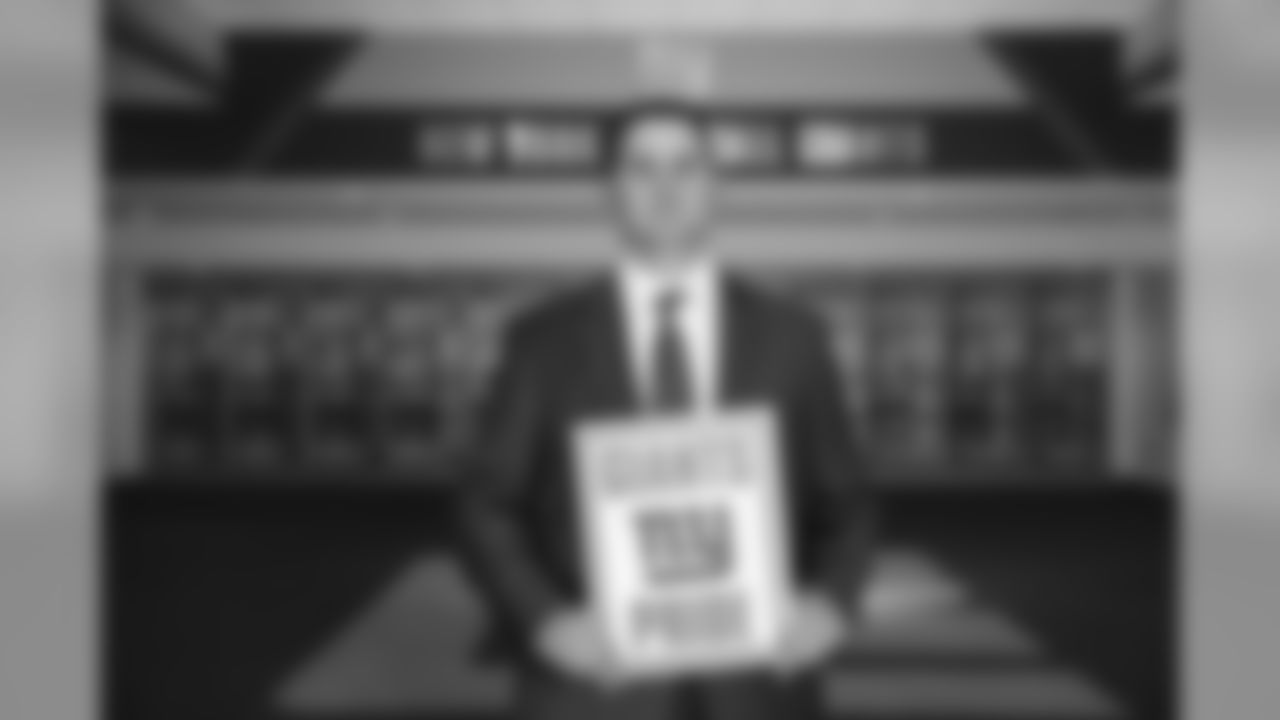

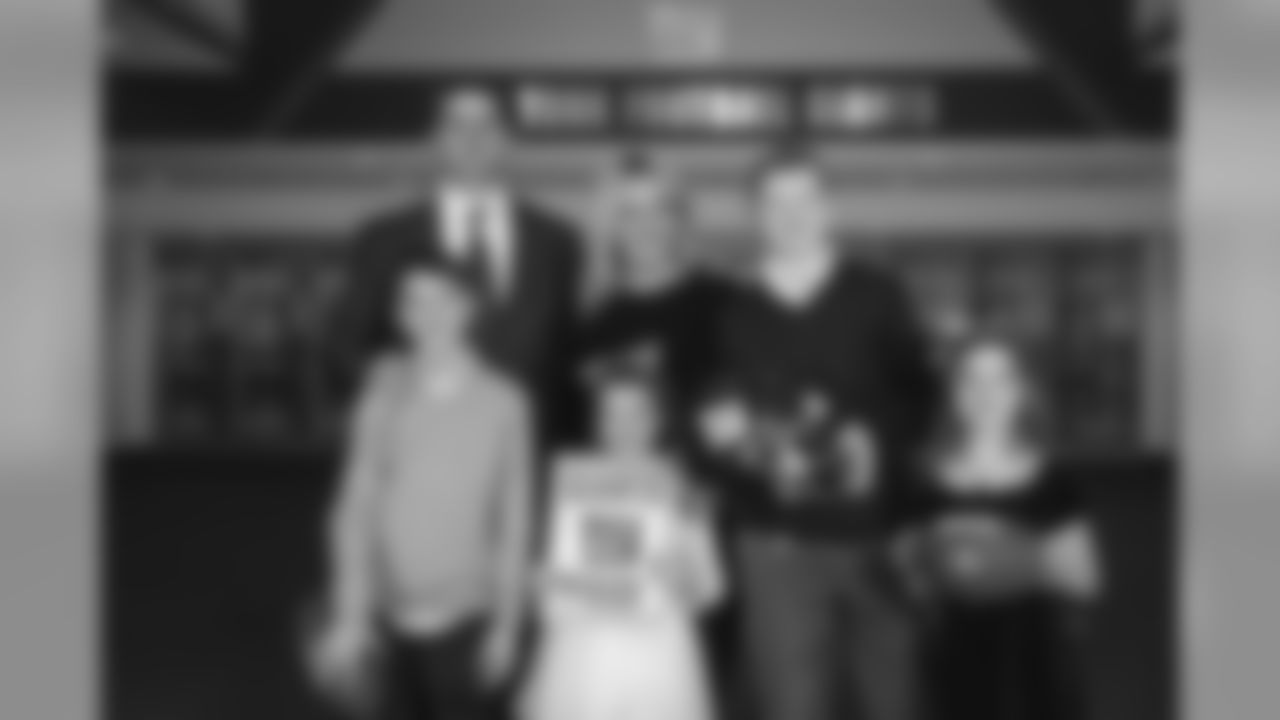
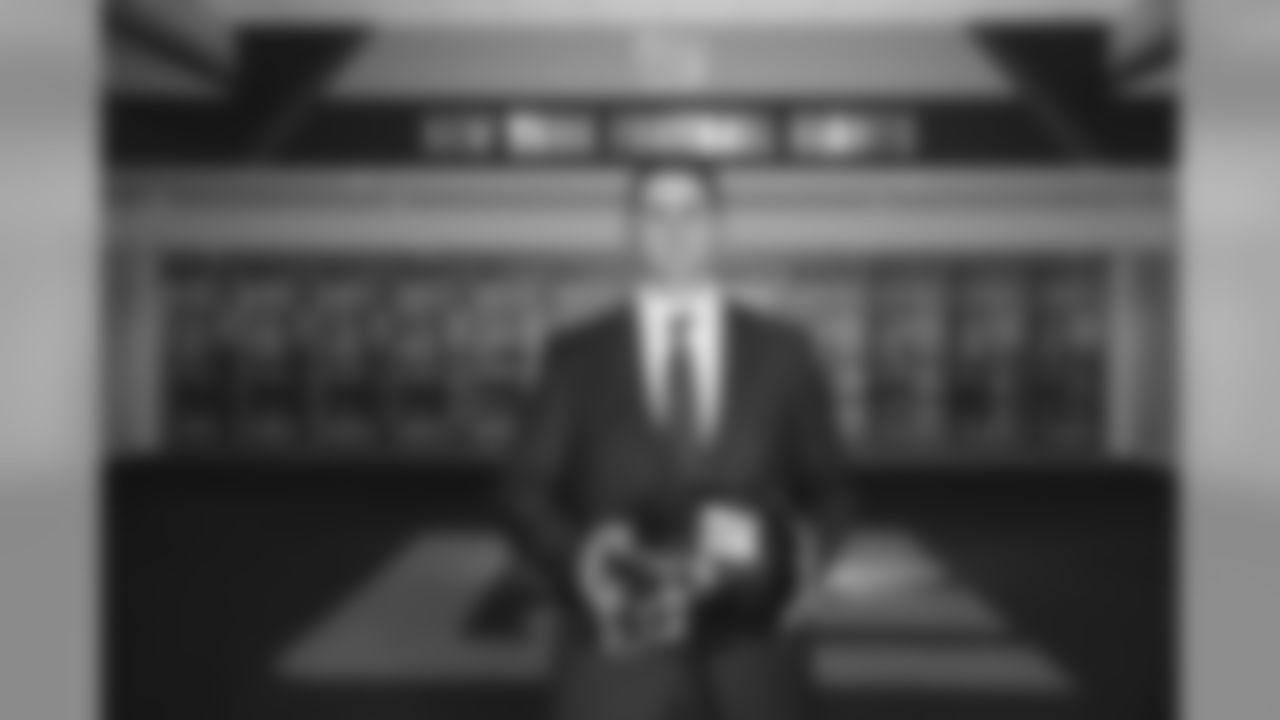
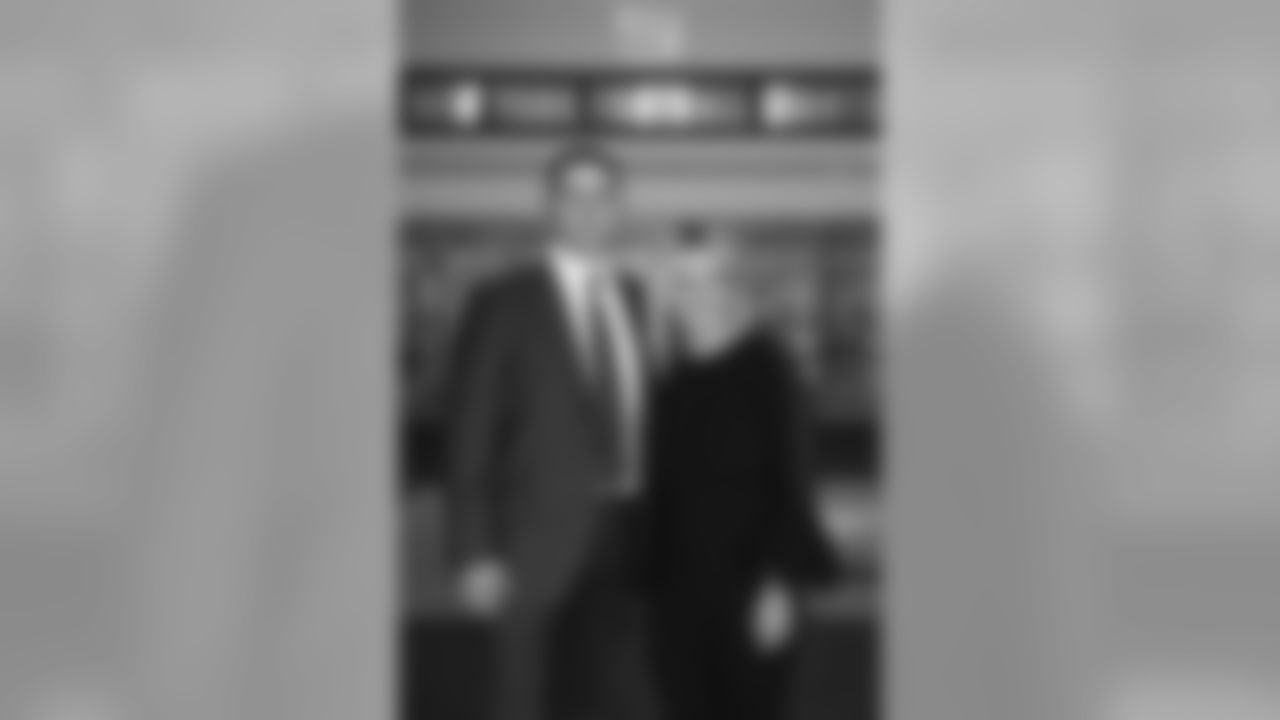
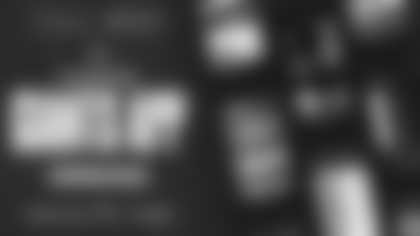
Giants App
Download the Giants' official app for iPhone, iPad and Android devices



